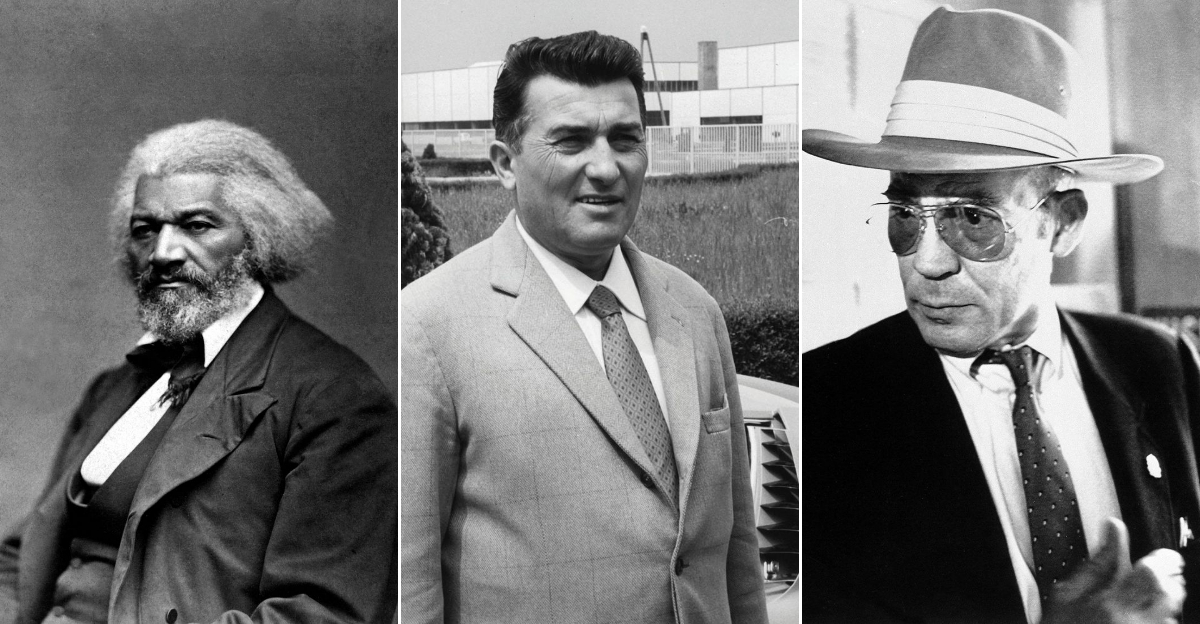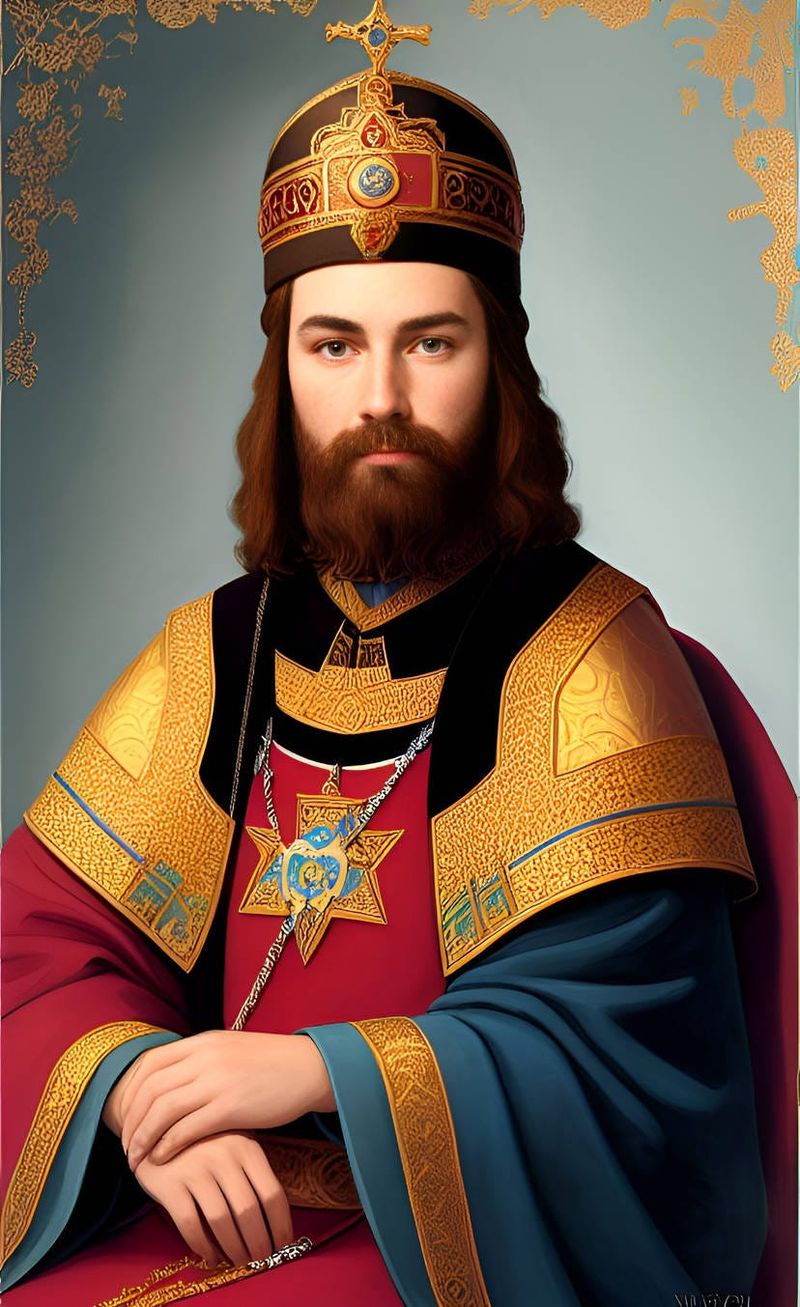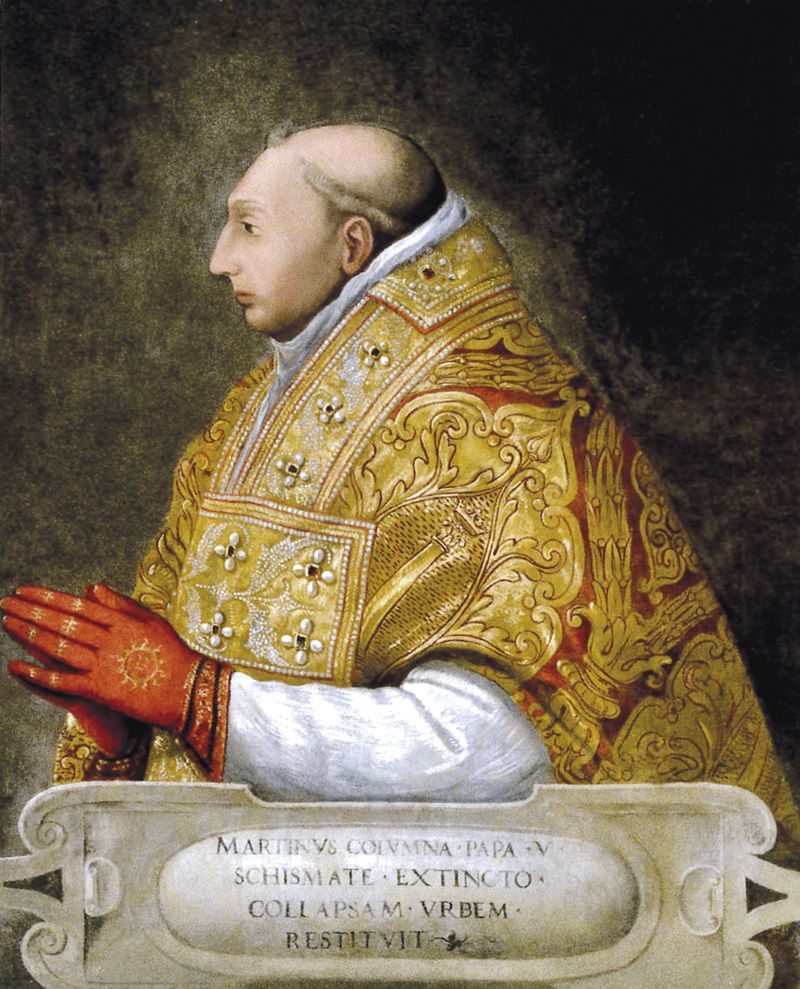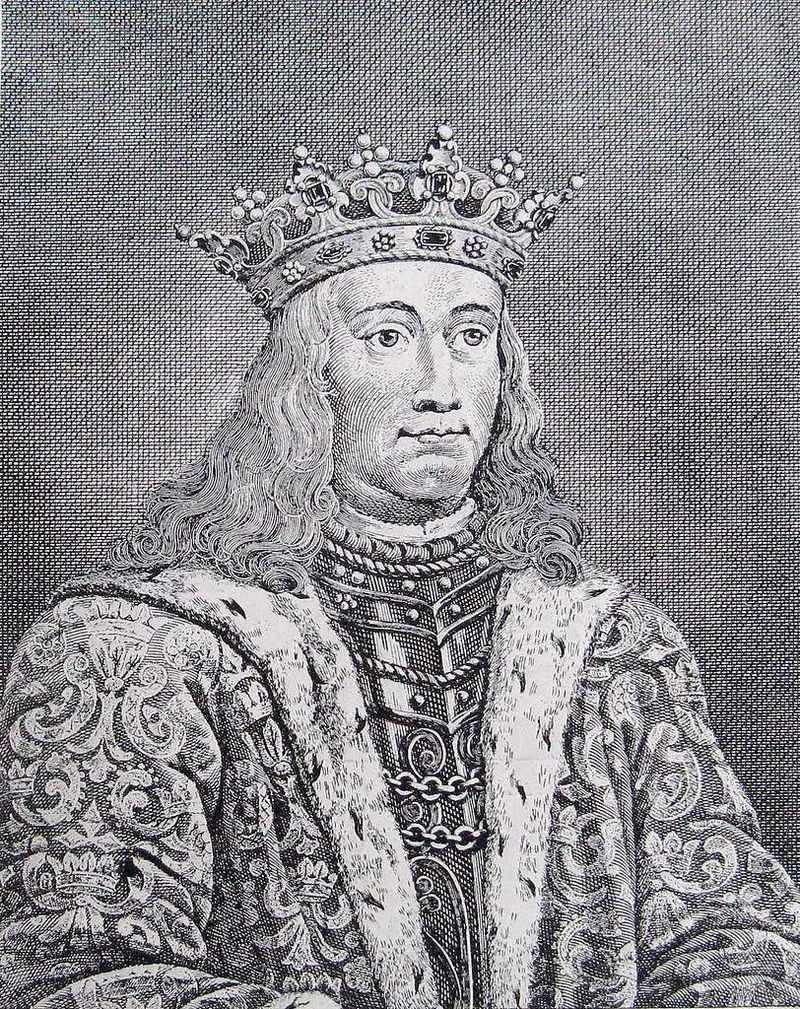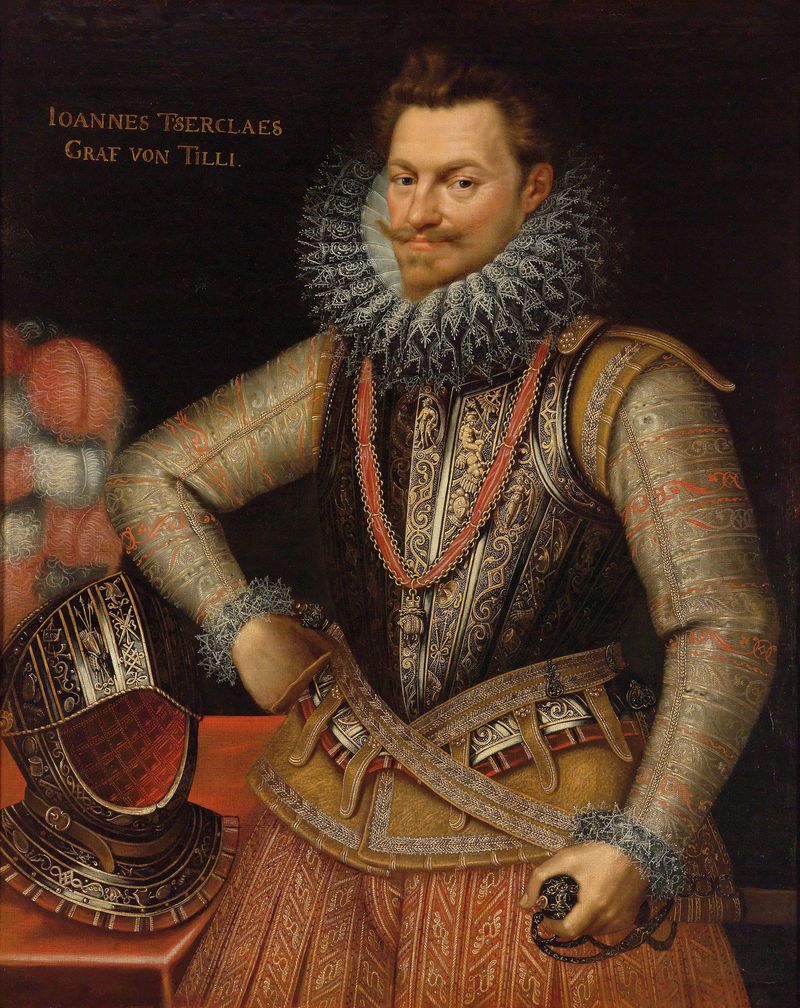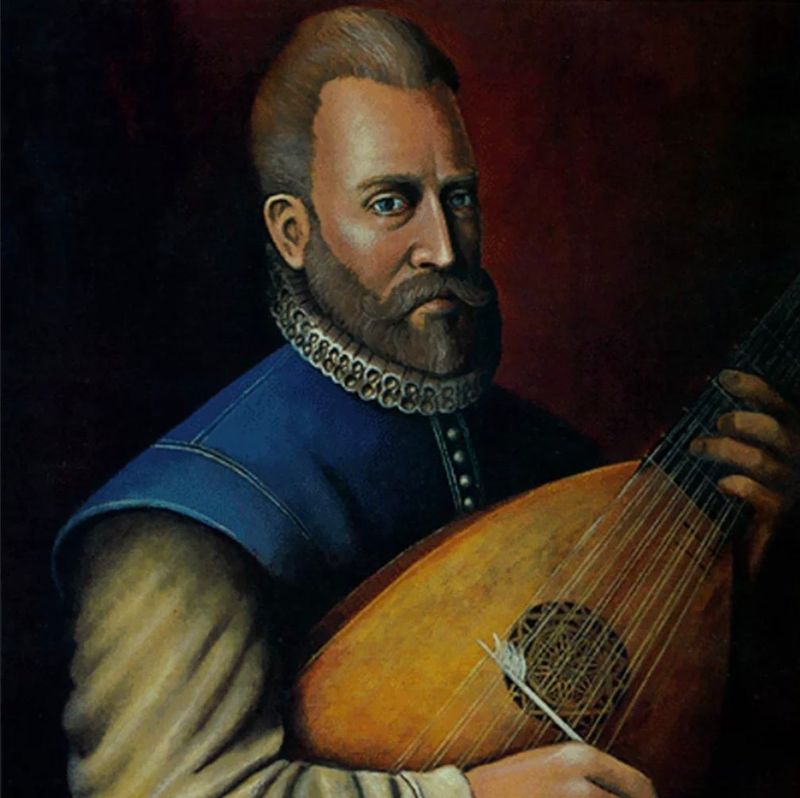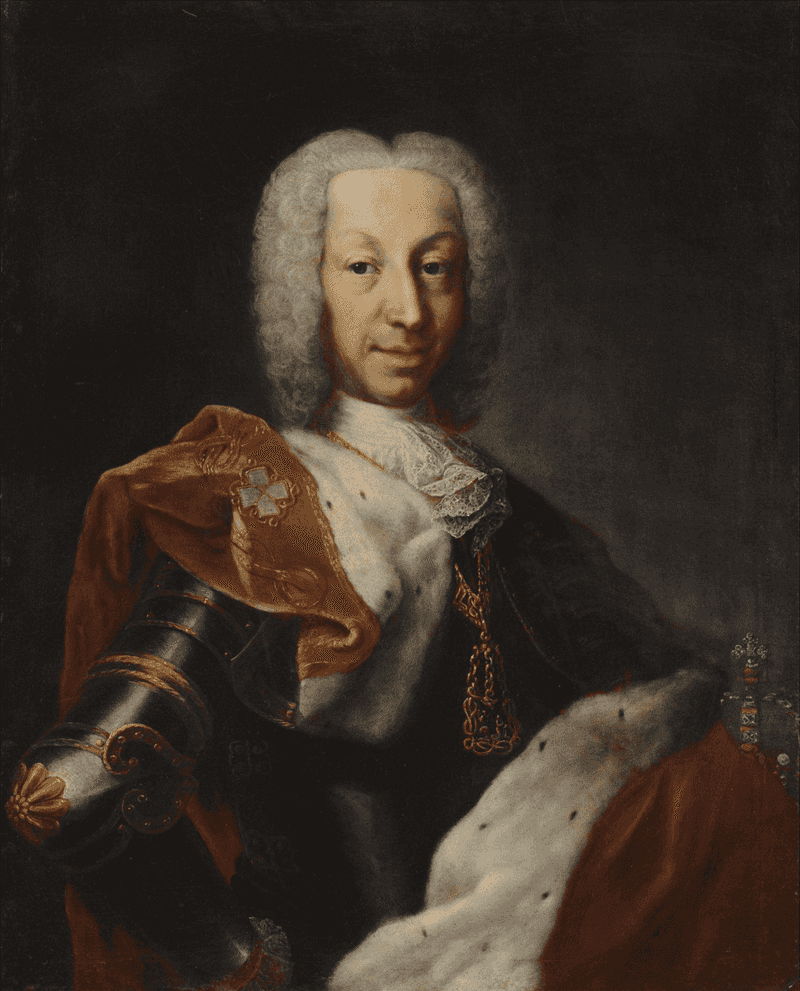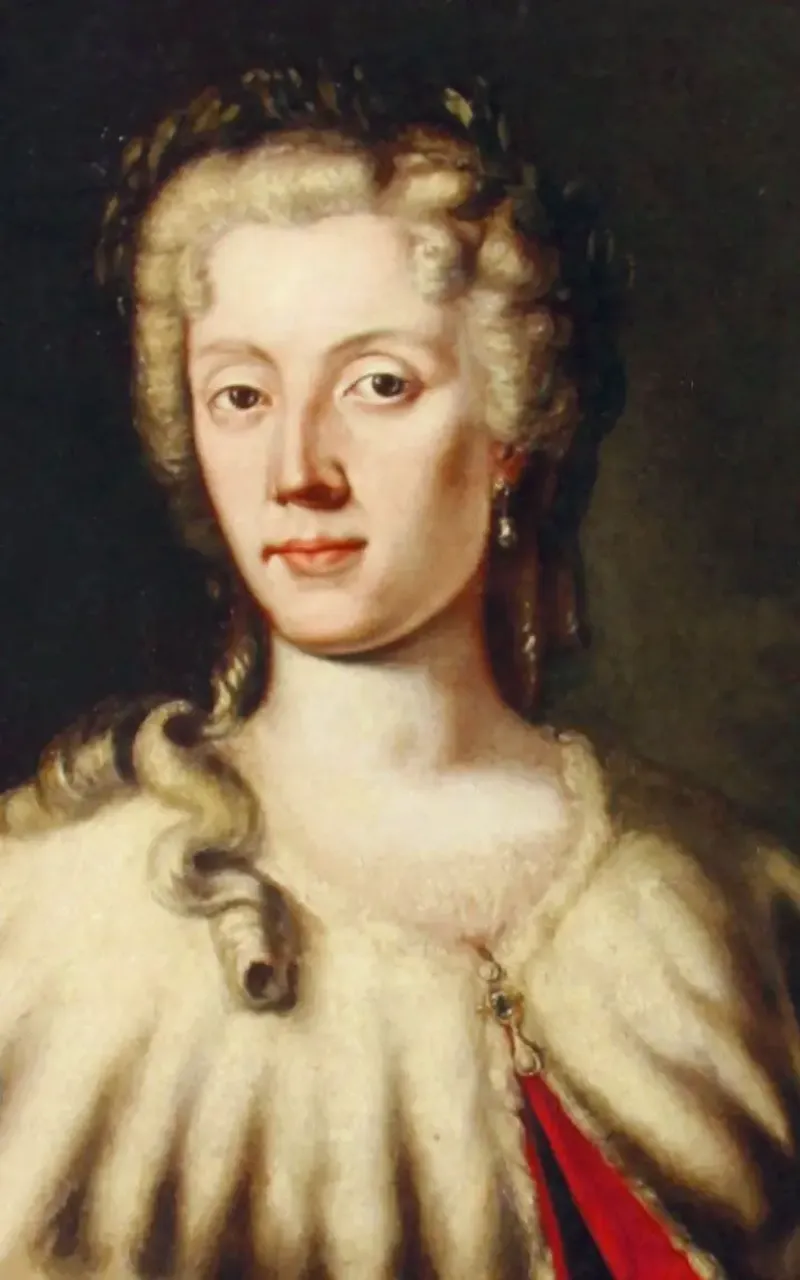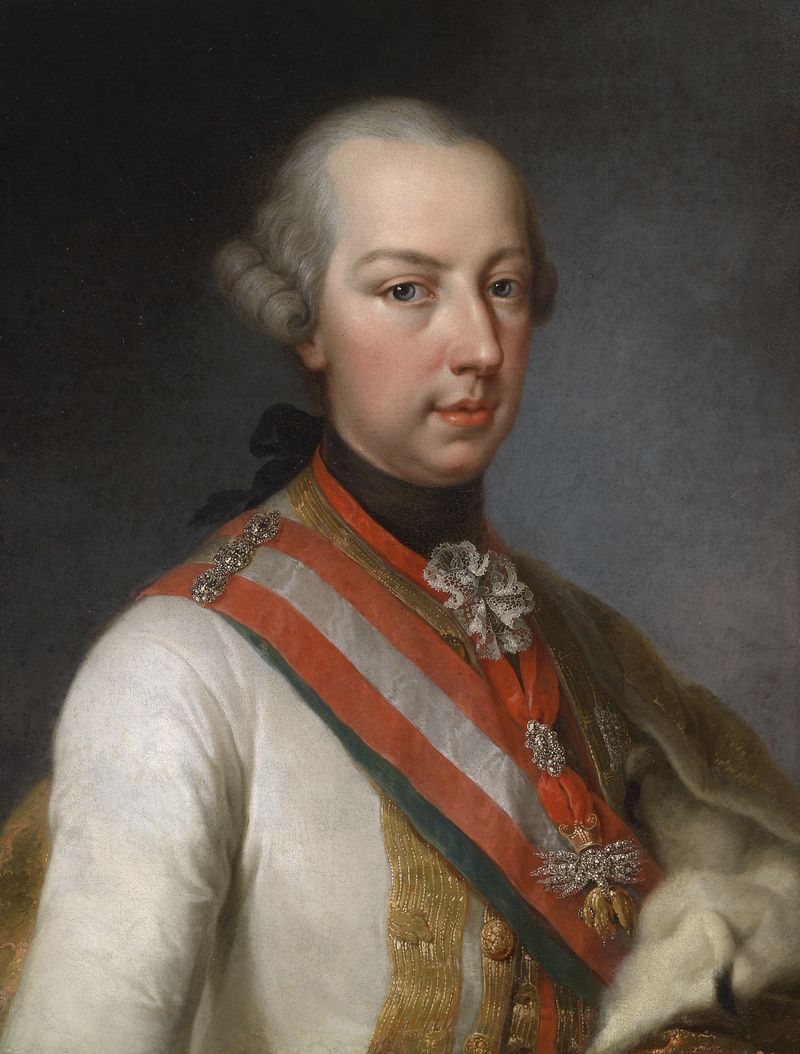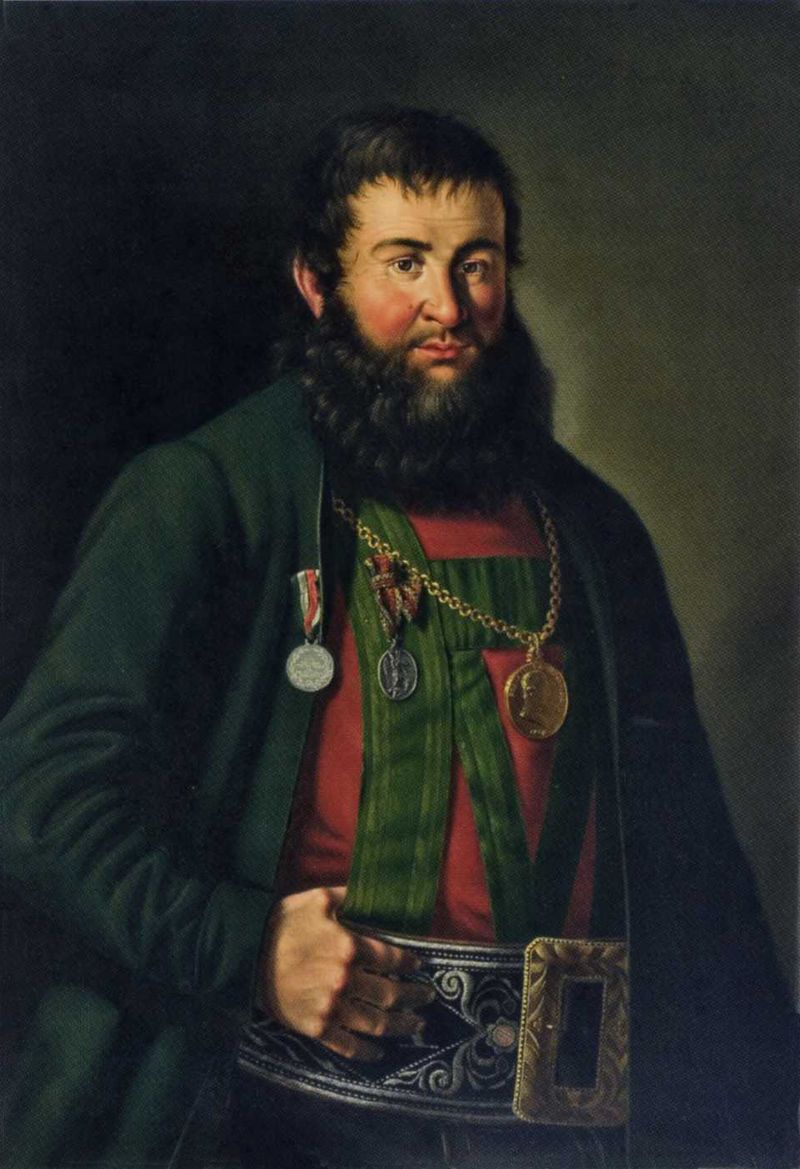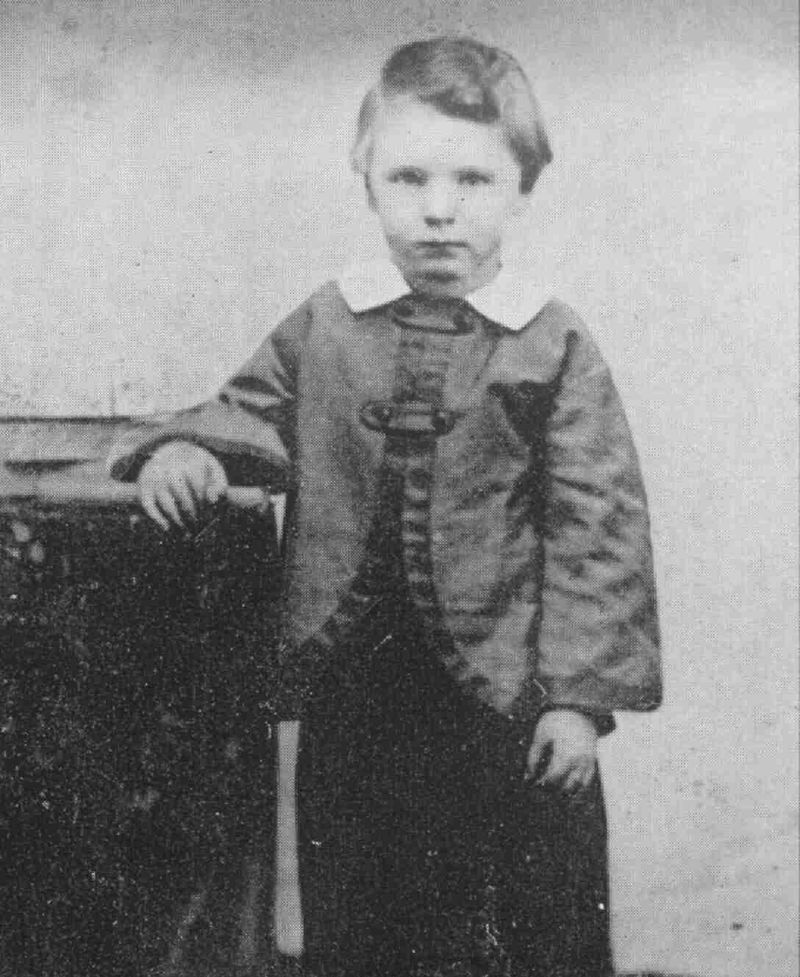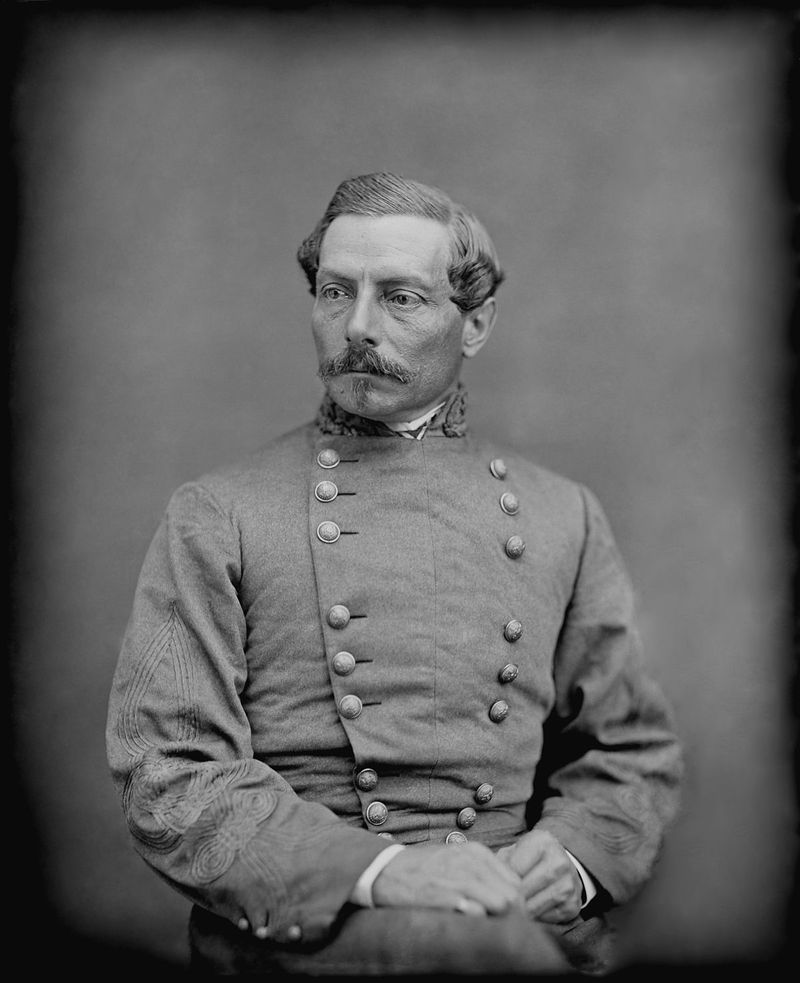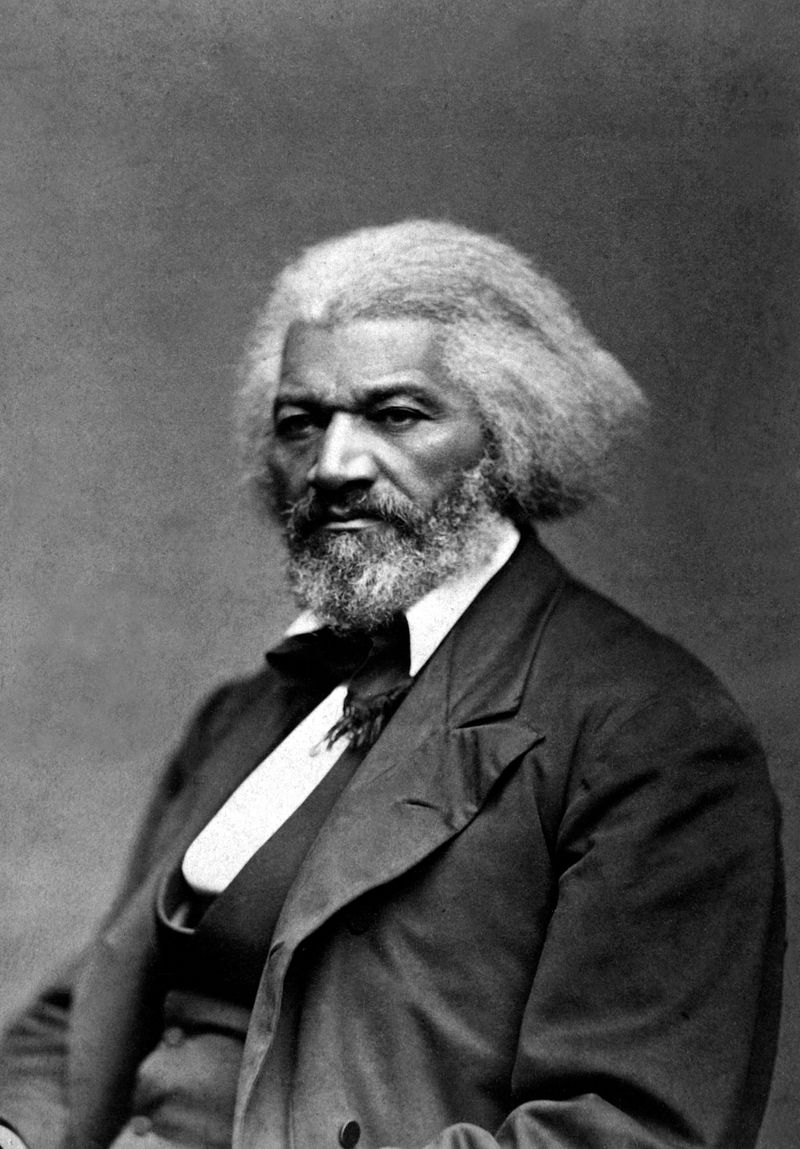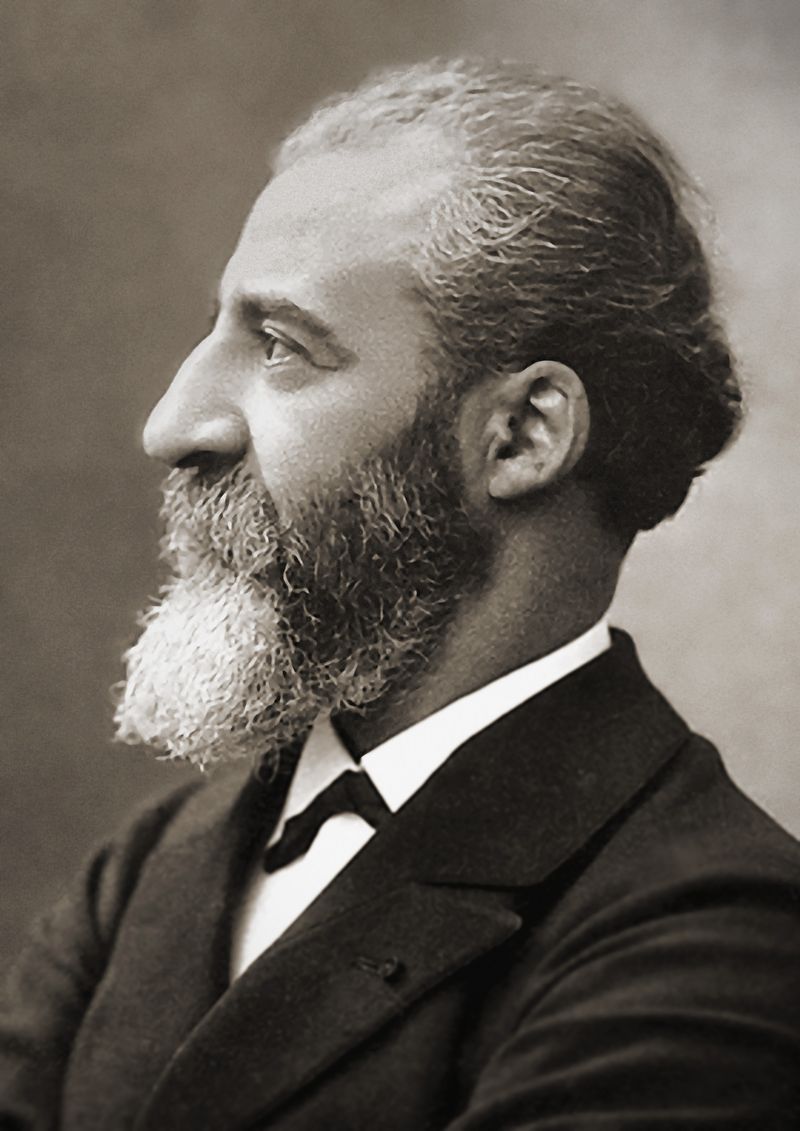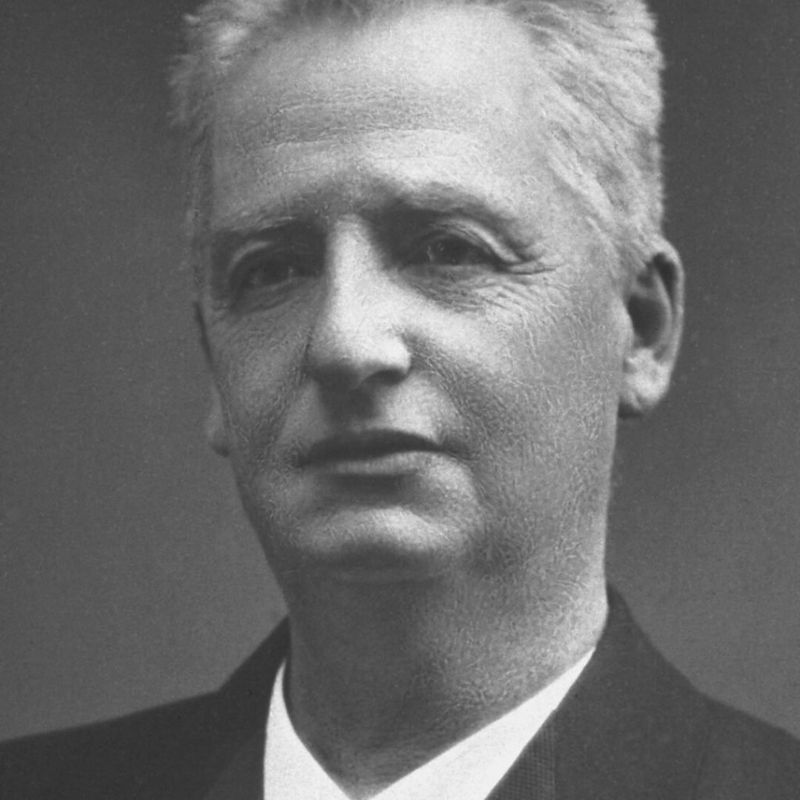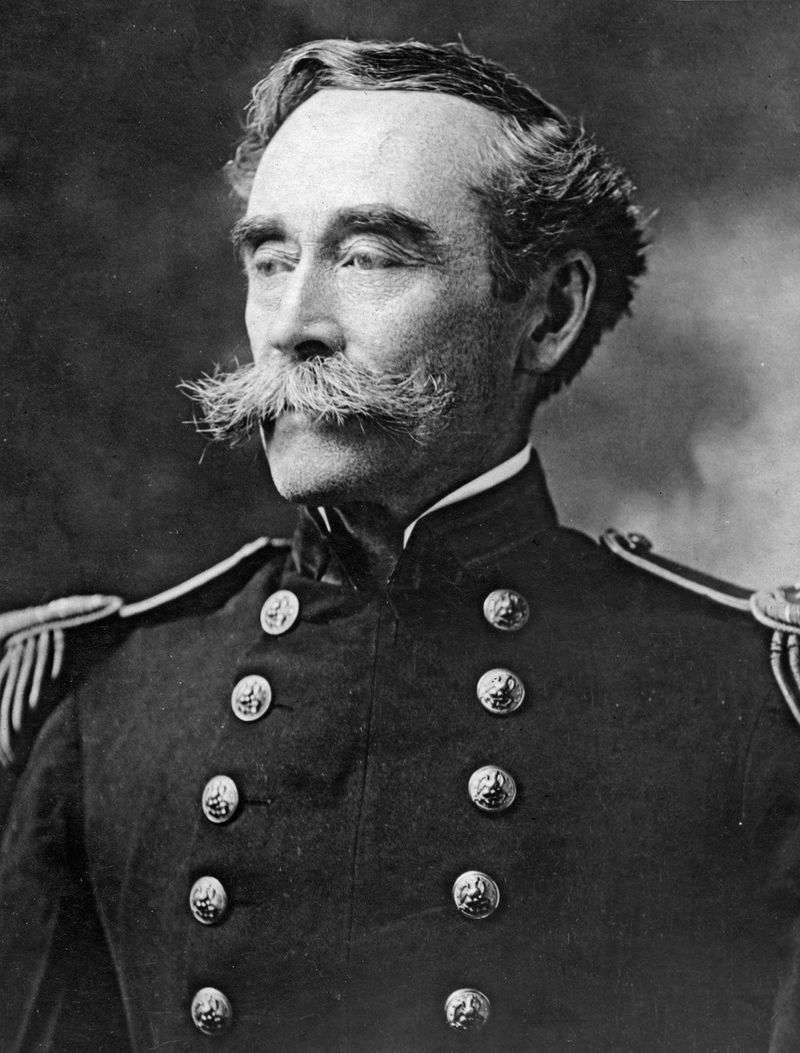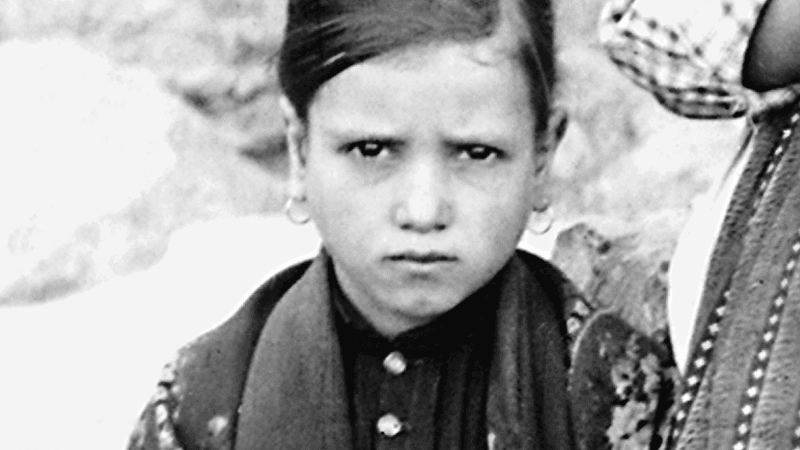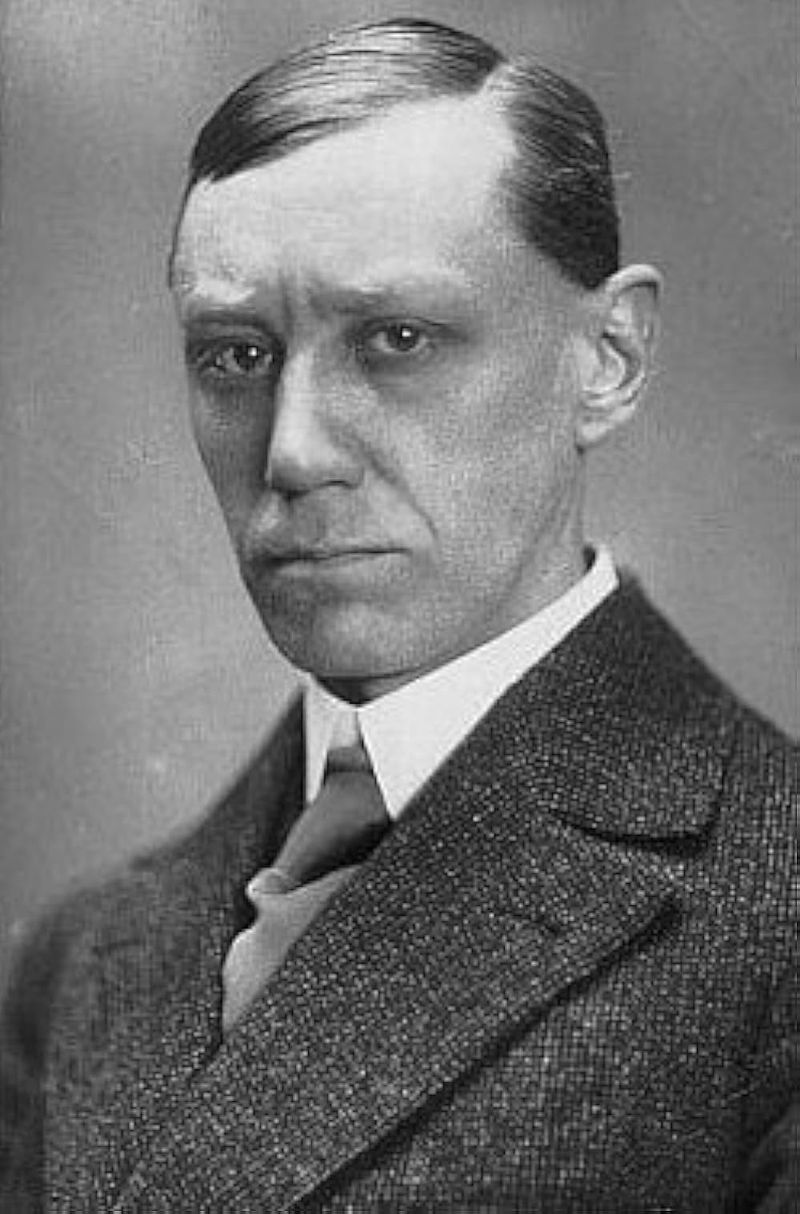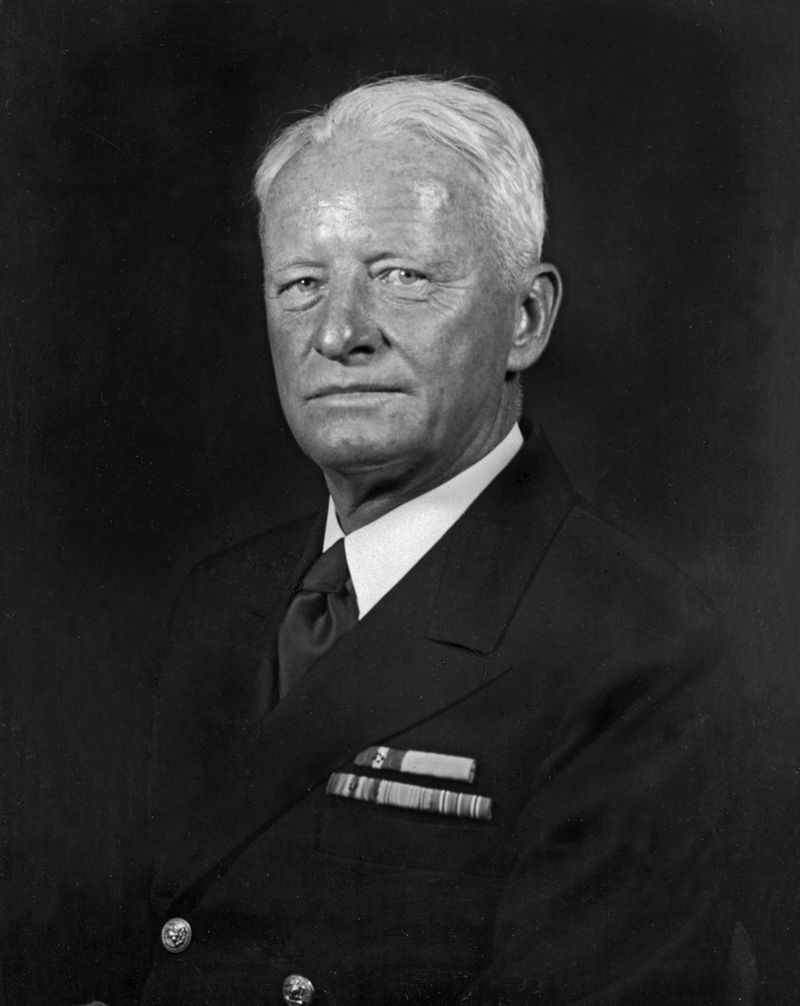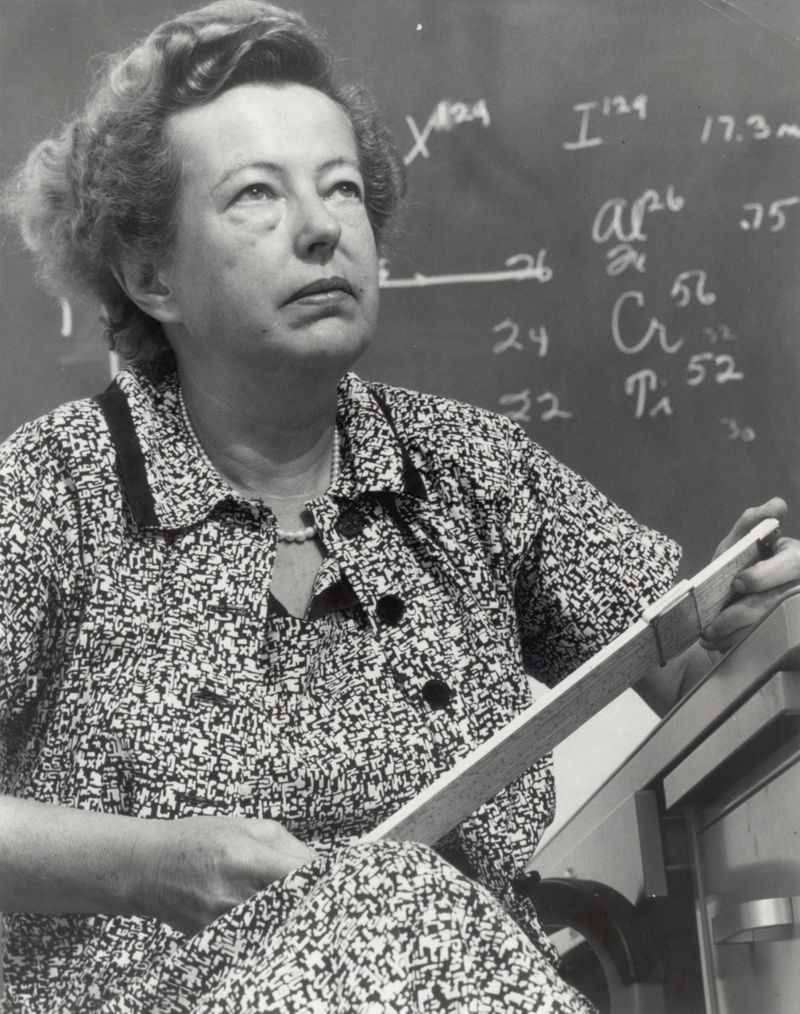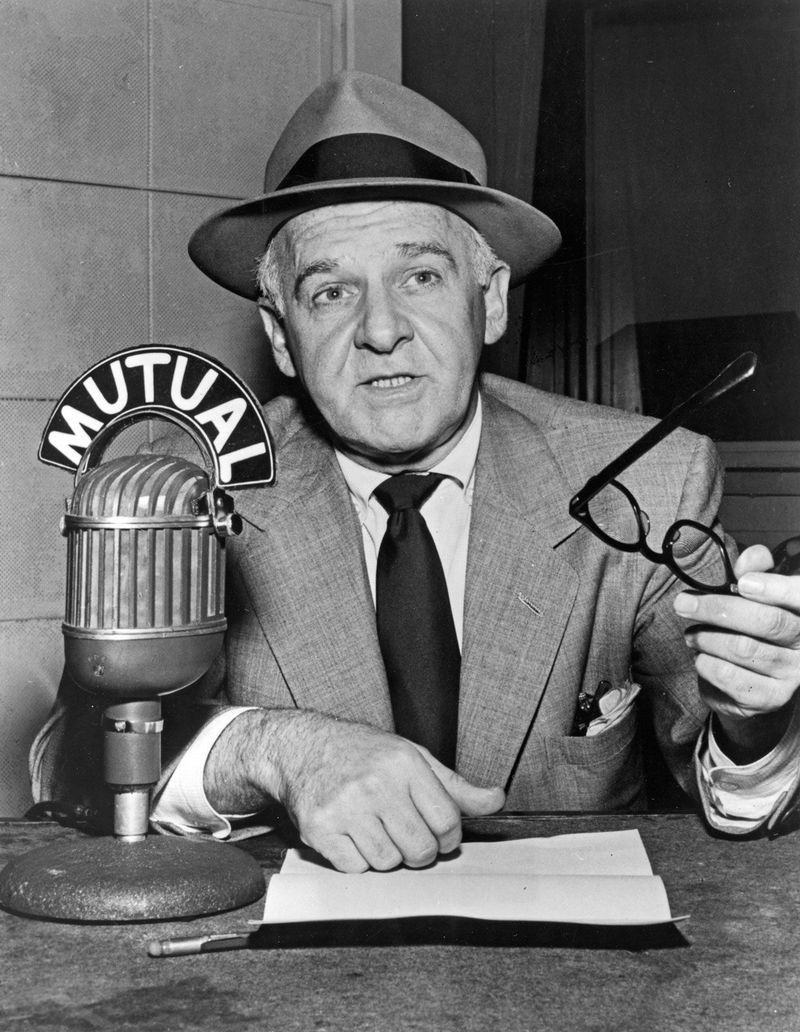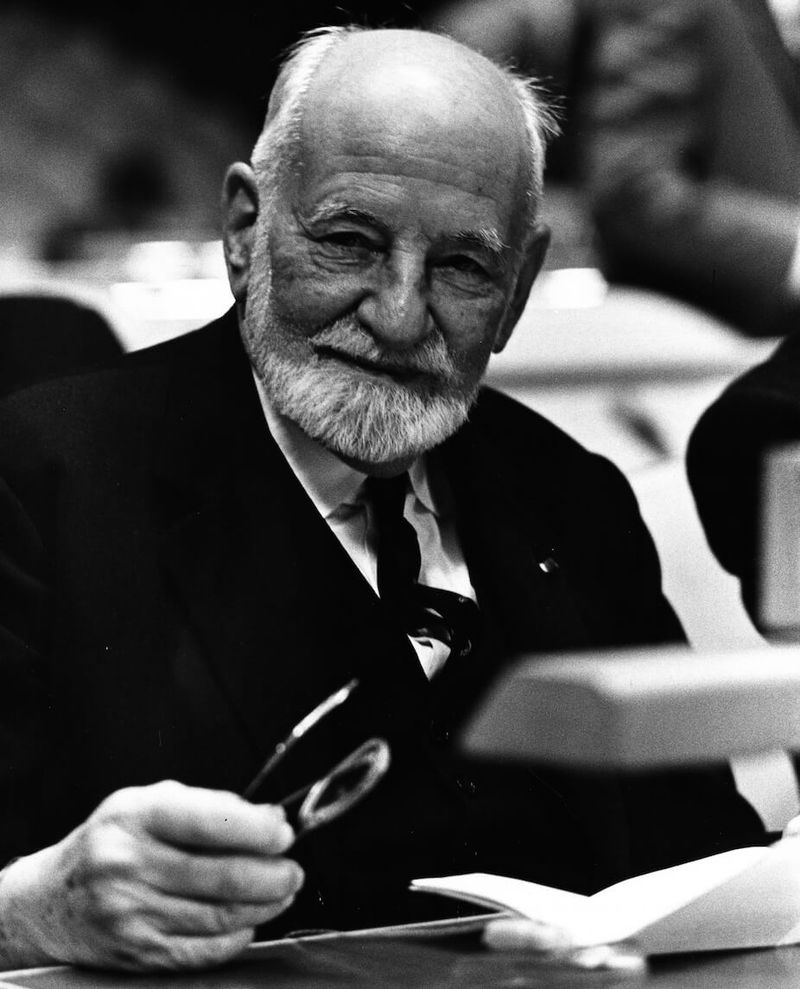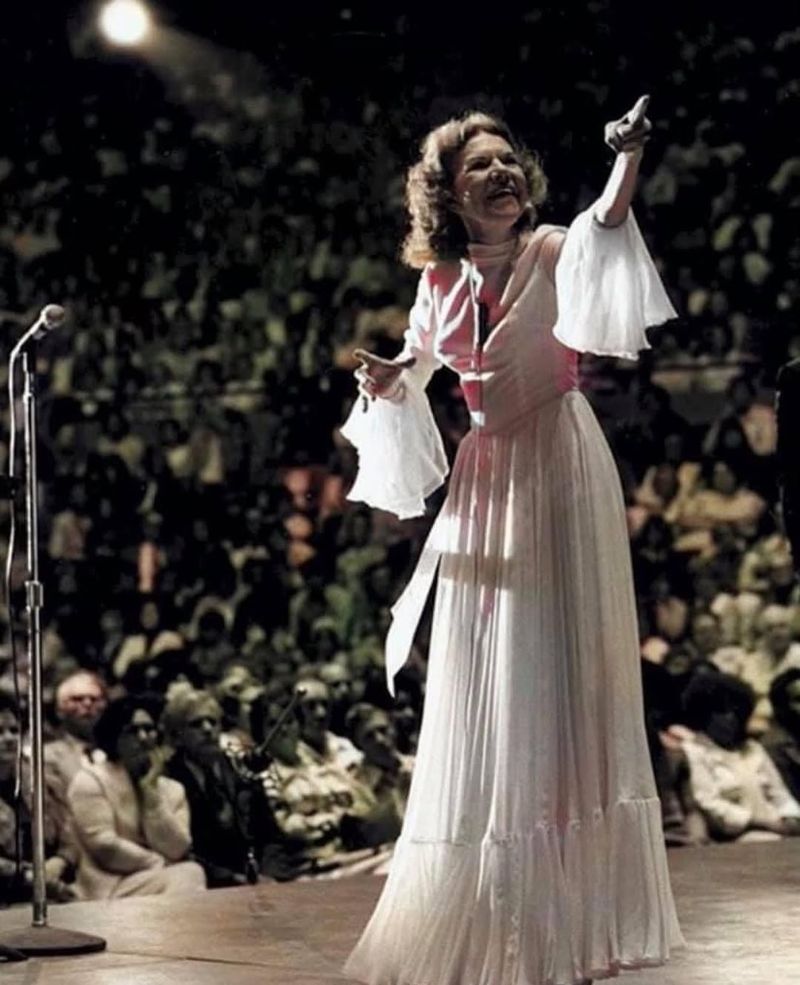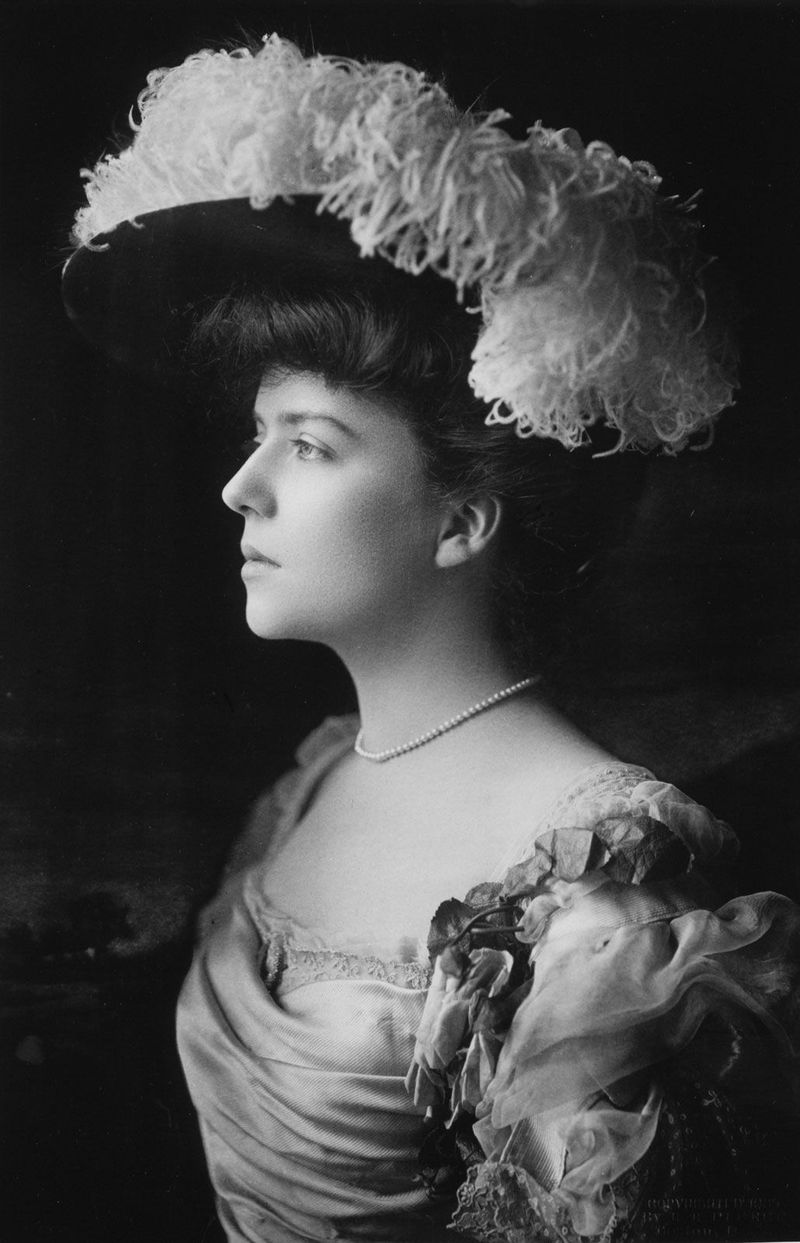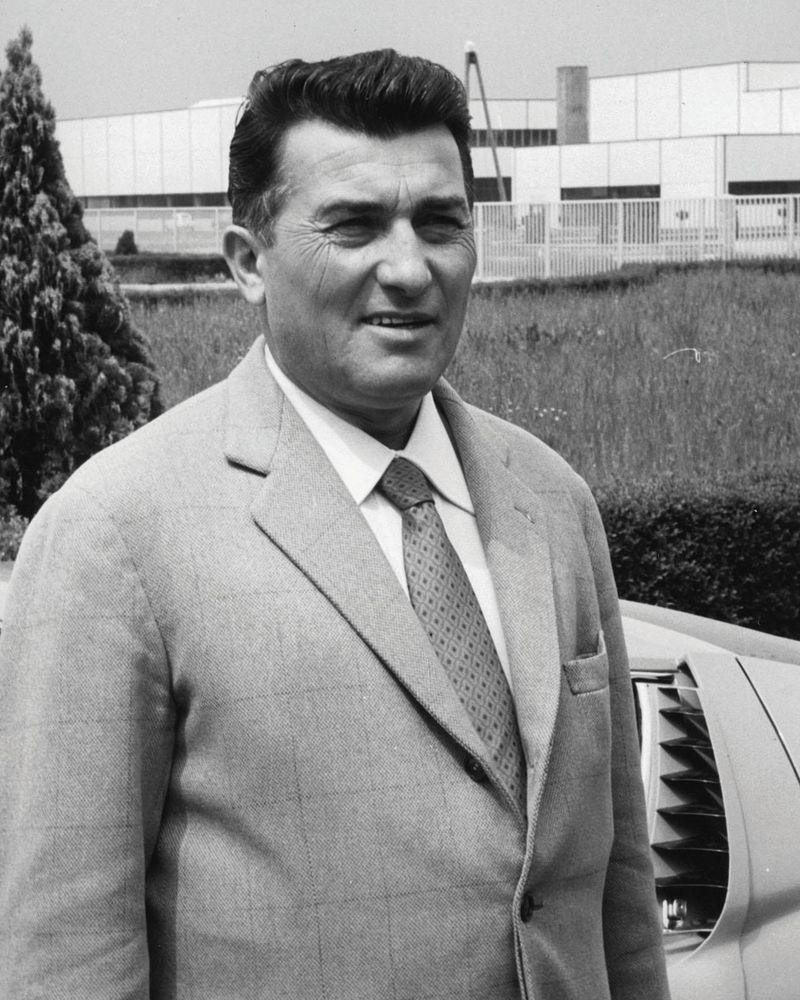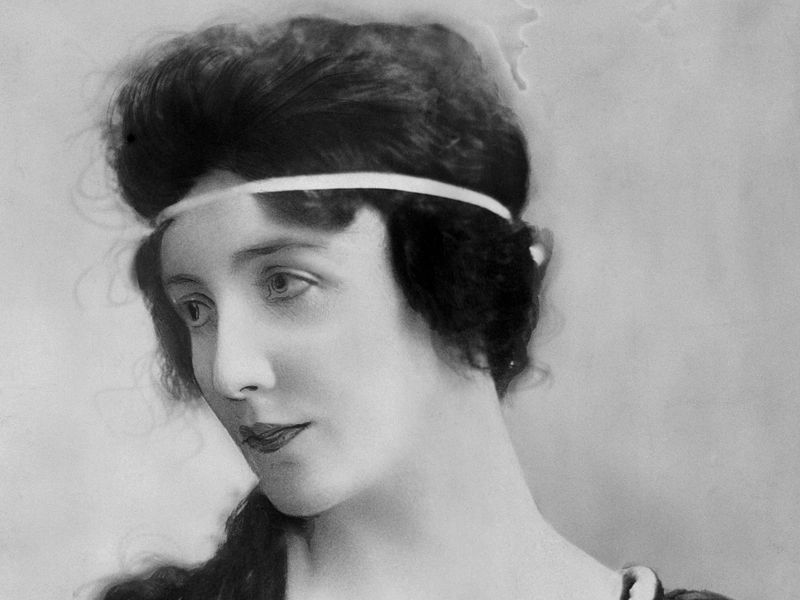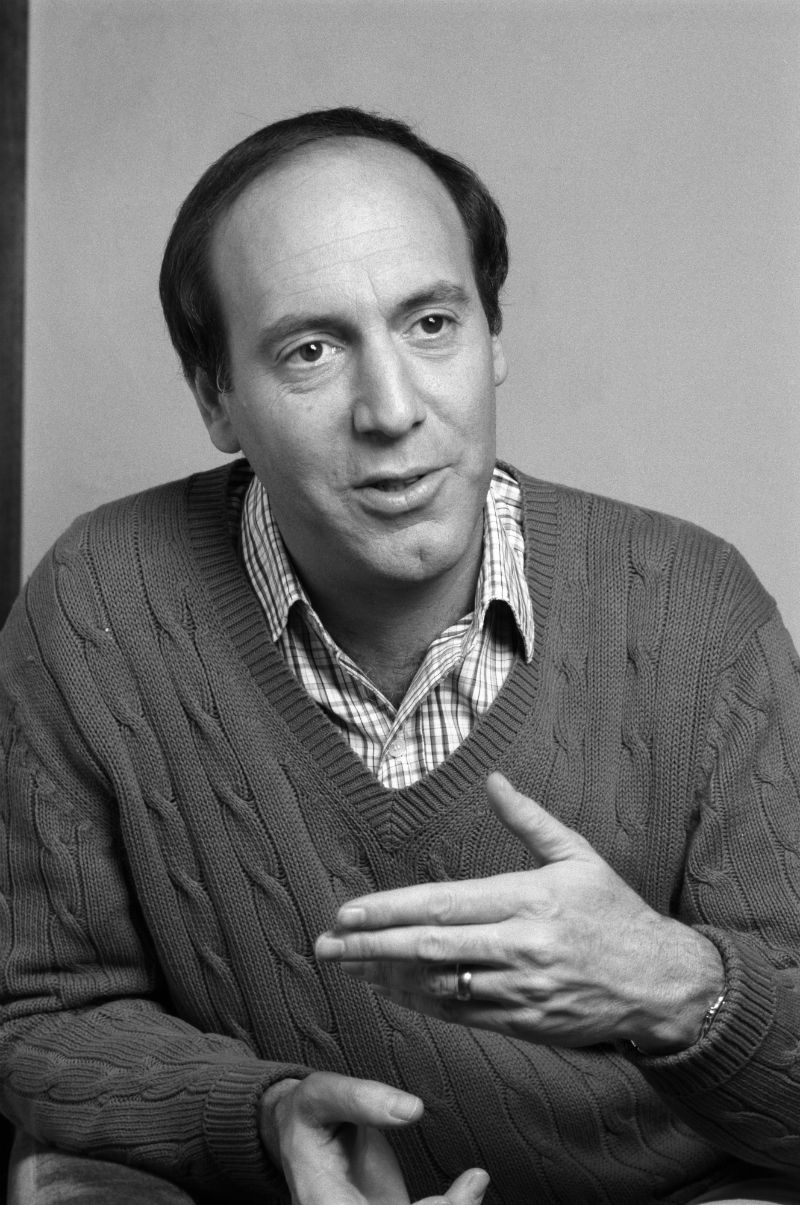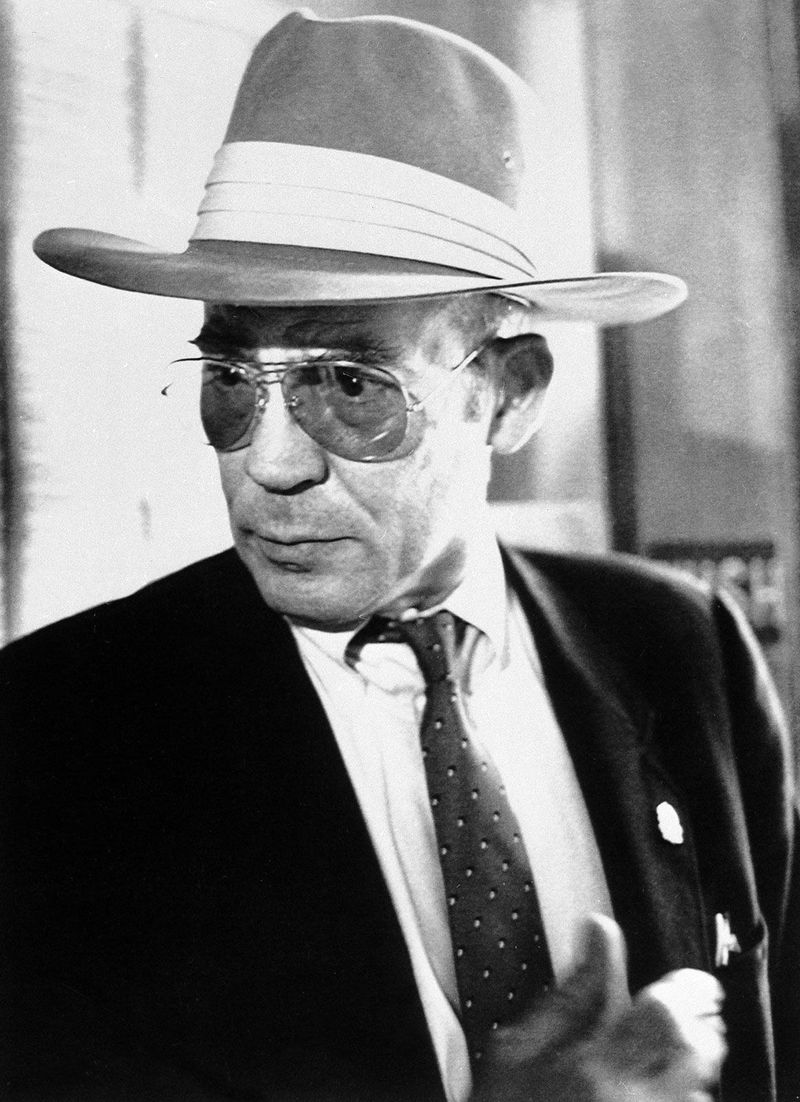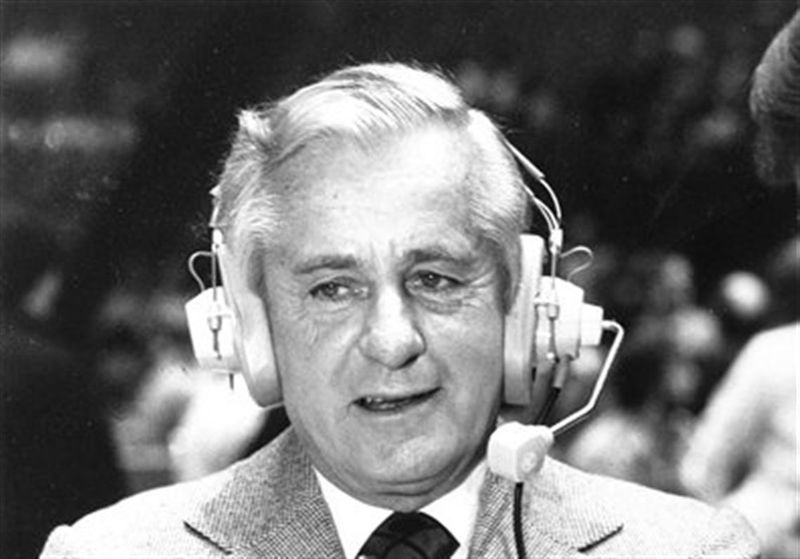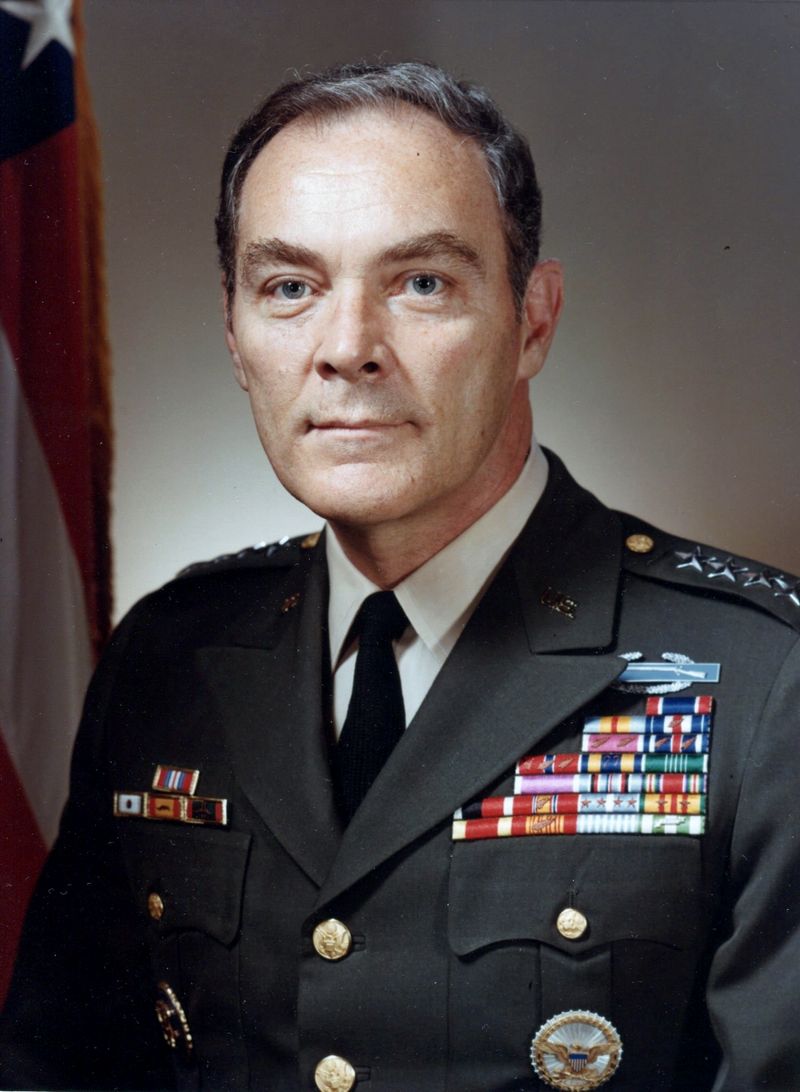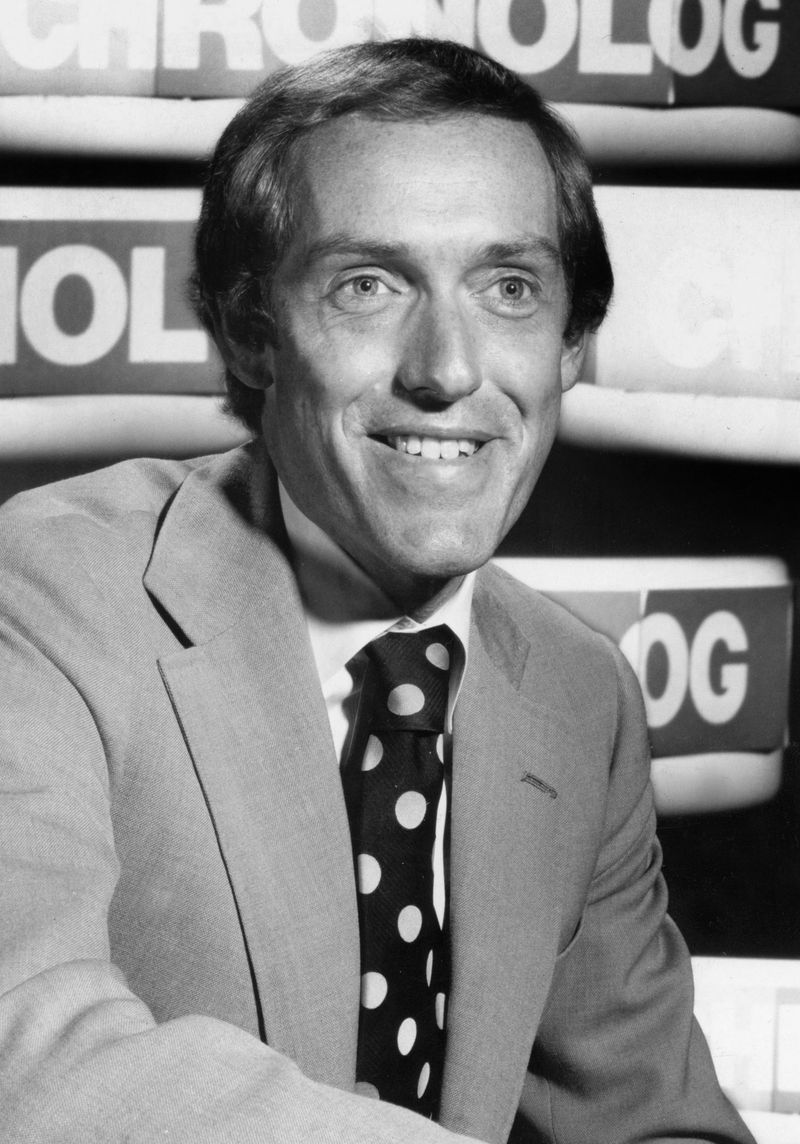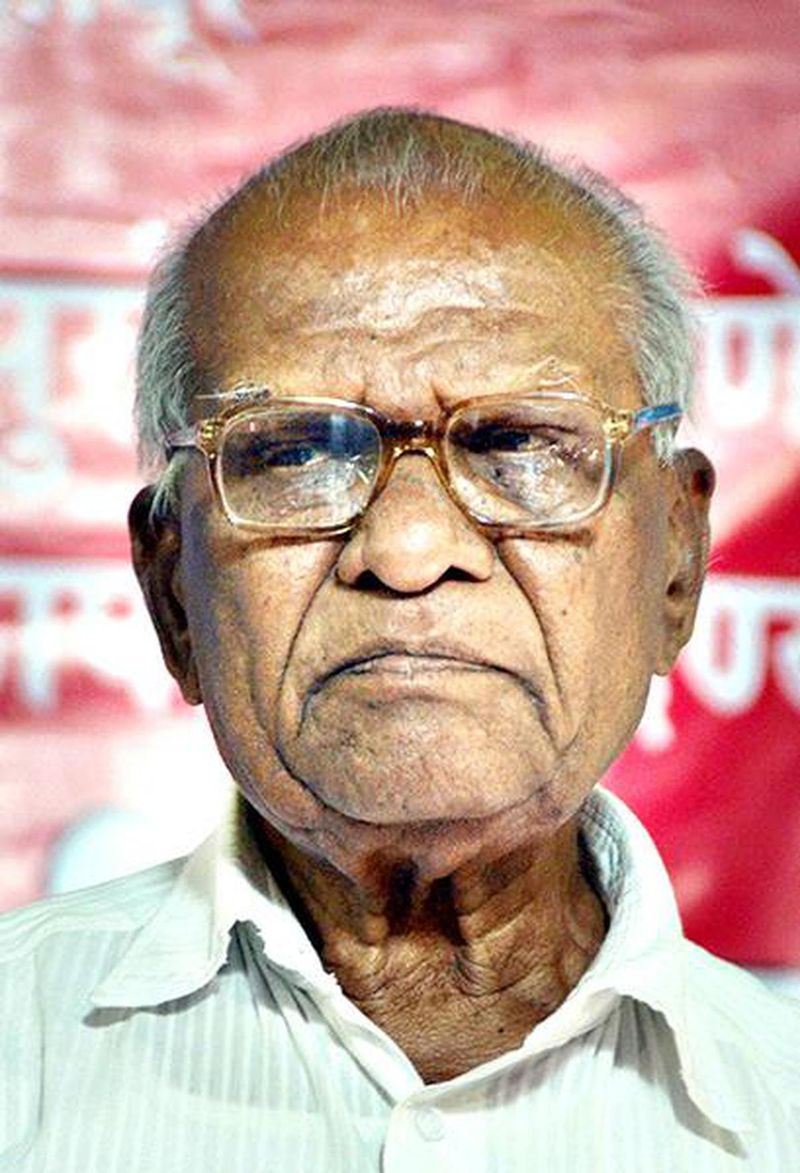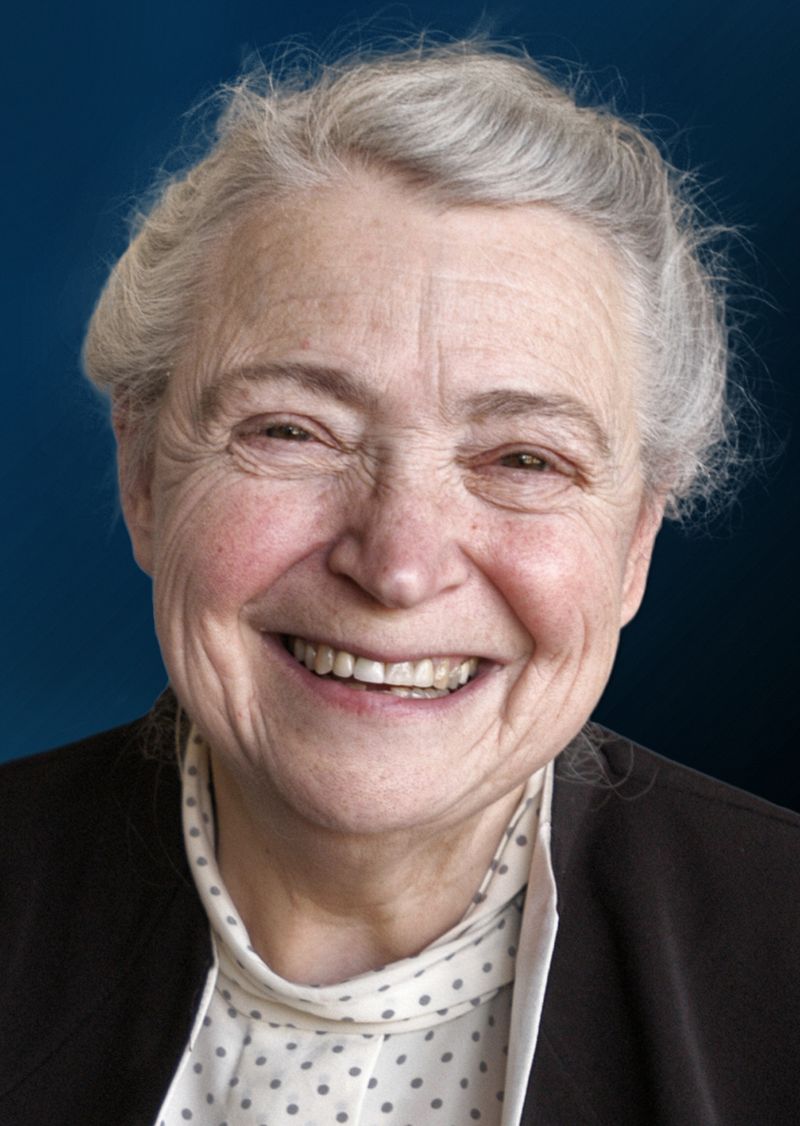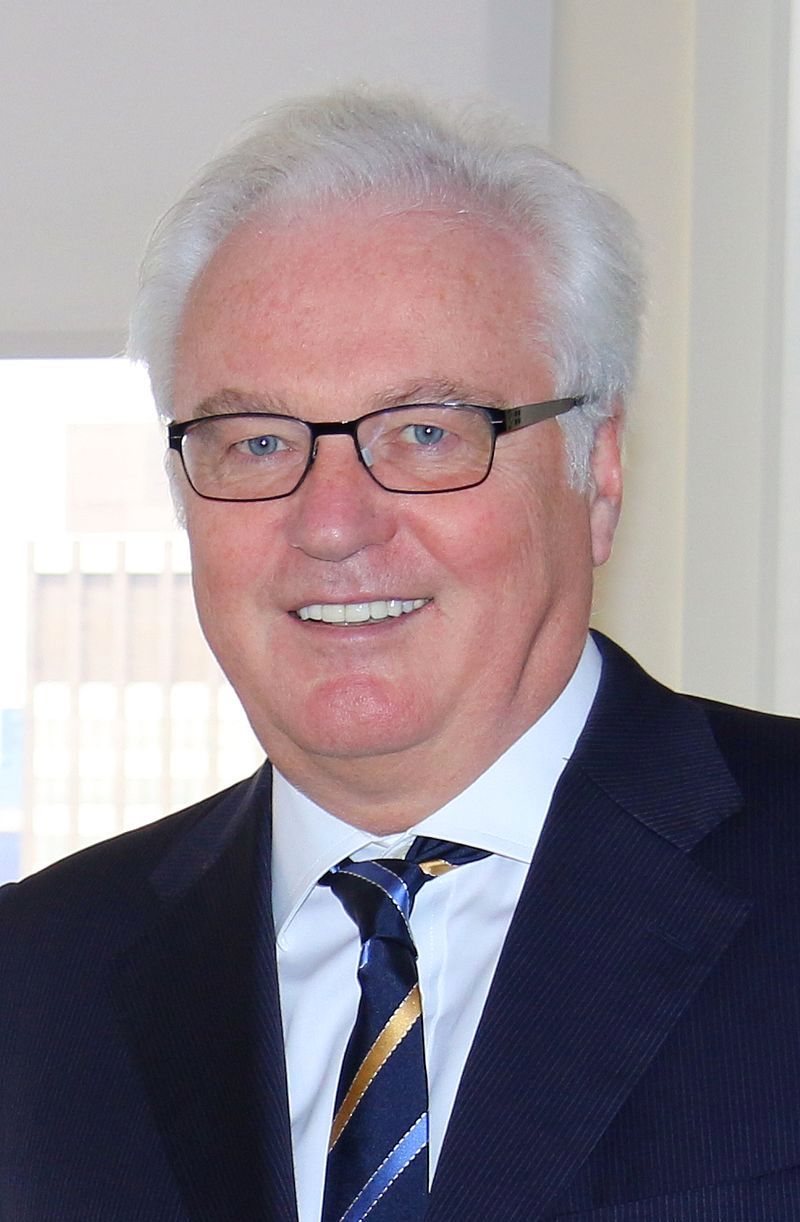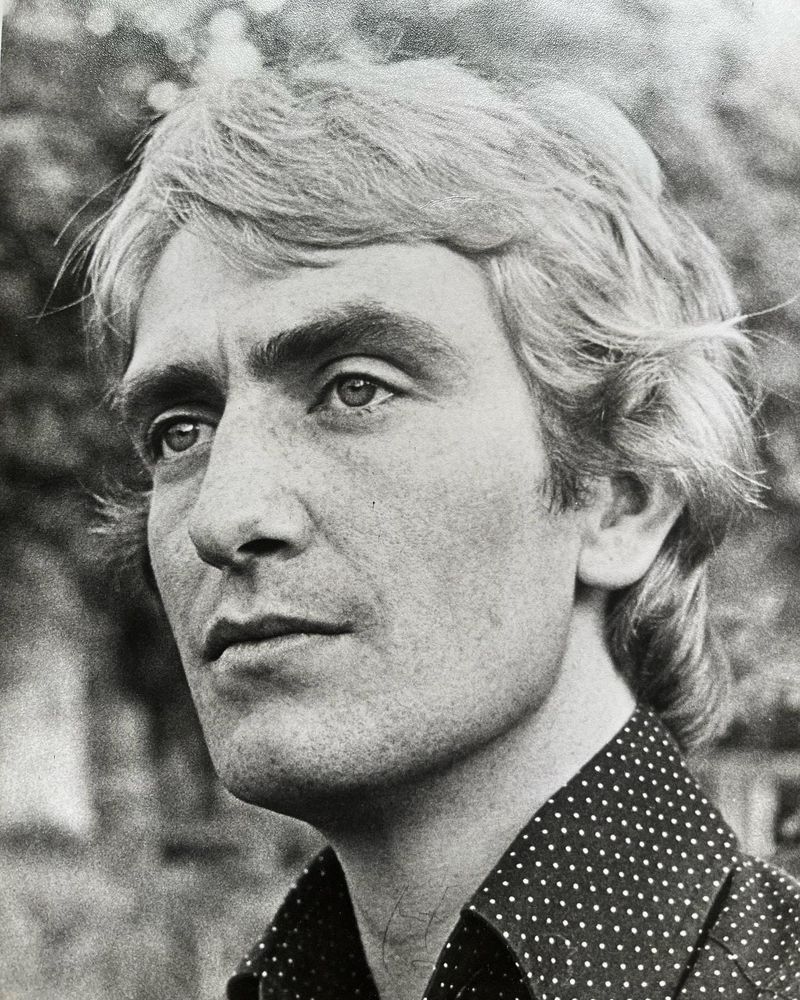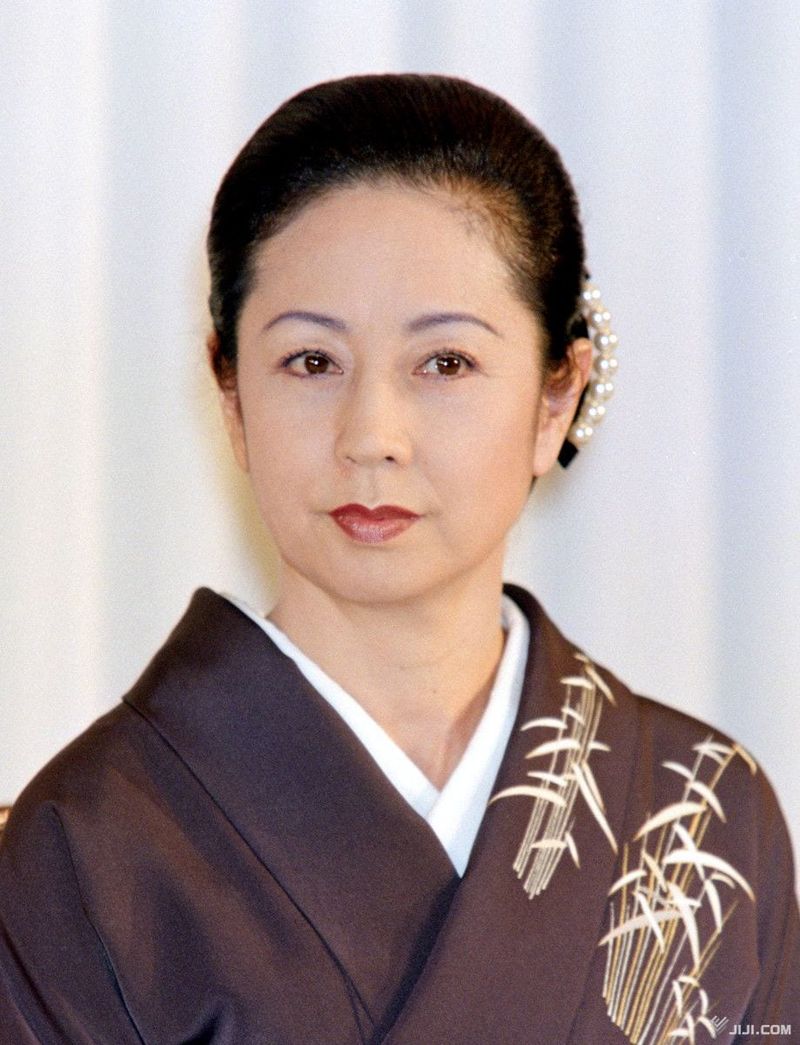Throughout history, February 20 has seen the passing of many influential figures who have left indelible marks on the world. In remembering these individuals, we celebrate their achievements and the legacies they left behind.
From monarchs to scientists, and artists to activists, these 41 figures have shaped the course of history in myriad ways. Through their contributions, each has left a lasting impact that continues to resonate today.
This blog post commemorates their lives, offering insights into their achievements and the enduring legacies they left for future generations.
1. Yaroslav the Wise, Grand Prince of Kiev and Novgorod (1054)
Yaroslav the Wise, Grand Prince of Kiev and Novgorod, was a pivotal figure in the unification of the Kievan Rus’. His reign marked a period of cultural and political prosperity.
He was renowned for codifying legal statutes, known as the Russkaya Pravda, which emphasized justice and societal structure. Yaroslav also established alliances through strategic marriages, furthering his influence in Europe.
His legacy endures in modern Ukraine and Russia, celebrated as a symbol of wisdom and governance.
His contributions to education and religious institutions left a lasting mark on Eastern European history, illustrating his vision for a united and enlightened realm.
2. Pope Martin V, Head of the Catholic Church (1431)
Pope Martin V was instrumental in ending the Western Schism, a period of division within the Catholic Church. His election marked the return of papal authority to Rome, restoring stability and unity.
Martin’s diplomatic skills were pivotal in reconciling factions, emphasizing the importance of cohesive leadership. His papacy also saw reforms in church administration, enhancing its influence across Europe.
Martin’s commitment to restoring the church’s integrity left a profound legacy, as he navigated complex political landscapes to unify Christendom.
His leadership remains a significant chapter in Church history, illustrating the power of diplomacy and reconciliation.
3. John, King of Denmark, Norway, and Sweden, Monarch (1513)
King John ruled Denmark, Norway, and Sweden during a time of political complexity in Scandinavia. His reign was characterized by efforts to strengthen the Kalmar Union, promoting unity among the Nordic countries.
John’s strategic marriages and alliances helped maintain peace and stability in the region. Despite challenges, he advocated for economic reforms and cultural exchanges, which enriched Scandinavian societies.
His legacy is visible in the enduring ties between these nations, reflecting his vision of a unified Nordic identity. John’s reign is remembered for attempts to balance power through diplomacy and strategic governance, fostering regional cooperation.
4. Philip William, Prince of Orange (1618)
Philip William, Prince of Orange, was a key figure in the Eighty Years’ War for Dutch independence. Despite his captivity in Spain, he remained a symbol of resistance and hope for the Dutch people.
Upon his return, Philip William worked to reinforce the House of Orange’s influence, promoting unity and resilience. His leadership in rebuilding ties and supporting the Protestant cause marked his legacy.
Philip William’s dedication to the Dutch struggle for freedom laid the groundwork for future victories, symbolizing perseverance in the face of adversity. His enduring influence is celebrated in the Netherlands’ march towards independence.
5. John Dowland, English composer and lutenist (1626)
John Dowland, a celebrated English composer and lutenist, was renowned for his melancholic music that captured the Elizabethan era’s essence. His compositions, including “Flow My Tears,” are considered masterpieces of Renaissance music.
Dowland’s ability to convey deep emotion through music made him a favorite among European courts. His intricate lute melodies and vocal pieces have influenced generations of musicians, embodying the spirit of artistic expression.
Dowland’s legacy is preserved in the enduring popularity of his works, which continue to be performed and cherished worldwide. His contributions highlight the timeless power of music to evoke emotional depth.
6. Charles Emmanuel III, King of Sardinia (1773)
Charles Emmanuel III, King of Sardinia, was a pivotal monarch whose reign witnessed significant military and administrative achievements. Known for his strategic prowess, he expanded Sardinia’s influence through victorious campaigns.
Charles Emmanuel’s commitment to modernizing his realm included reforms in governance and the military. His leadership fostered economic growth and cultural development in Sardinia.
By strengthening defenses and promoting stability, he secured his kingdom’s prosperity. His legacy is reflected in Sardinia’s enduring cultural and historical identity, illustrating his impact on its evolution.
Charles Emmanuel III’s reign remains a defining period in Sardinian history, marked by progress and unity.
7. Laura Bassi, Italian physicist and academic (1778)
Laura Bassi was a trailblazing Italian physicist and the first woman to earn a professorship in physics at a European university.
Her pioneering work in Newtonian physics and electricity challenged traditional gender roles, making significant strides for women in science. Bassi’s dedication to teaching and research helped pave the way for future generations of female scientists.
Her contributions to physics are celebrated as foundational in advancing scientific education in Italy.
Bassi’s legacy endures as an inspiration for women in academia, demonstrating the power of perseverance and intellect in breaking barriers. She remains a symbol of academic excellence and gender equality.
8. Joseph II, Holy Roman Emperor (1790)
Joseph II, Holy Roman Emperor, was a progressive ruler known for his ambitious reforms and commitment to Enlightenment ideals. His reign was marked by efforts to modernize the empire, including legal, religious, and educational reforms.
Joseph’s pursuit of religious tolerance and administrative efficiency reflected his vision for a more equitable society. Despite resistance, his policies laid the groundwork for future liberal movements.
Joseph’s legacy is celebrated for advancing human rights and rational governance, embodying the spirit of enlightenment. His reign remains a pivotal chapter in European history, illustrating the challenges and triumphs of implementing progressive change.
9. Andreas Hofer, Tyrolean patriot and rebel leader (1810)
Andreas Hofer, a Tyrolean patriot, is celebrated for leading a resistance against Napoleonic forces in the early 19th century. His courage and leadership galvanized local support, inspiring a movement for regional autonomy.
Despite facing superior military power, Hofer’s strategic acumen enabled several victories, highlighting his commitment to Tyrolean independence. His execution became a symbol of resistance and heroism, remembered as a martyr for freedom.
Hofer’s legacy endures in Tyrol’s cultural identity, representing the spirit of defiance against oppression. His story continues to inspire those who value self-determination and regional pride, embodying the resilience of Tyrolean heritage.
10. William Wallace Lincoln, Son of U.S. President Abraham Lincoln (1862)
William Wallace Lincoln, known as ‘Willie,’ was the beloved son of President Abraham Lincoln. His untimely death at the age of 11 deeply affected the Lincoln family and the nation during the Civil War.
Willie was known for his intelligence and curiosity, often engaging with his father on matters of state. His passing brought profound grief to the White House, highlighting the personal toll of public service.
Willie’s memory is preserved in the enduring legacy of the Lincoln family, symbolizing the intersection of personal and national struggles. His short life remains a poignant reminder of the human cost of leadership.
11. P. G. T. Beauregard, Confederate general (1893)
P. G. T. Beauregard was a prominent Confederate general known for his role in the Civil War’s early battles. His leadership at the Battle of Fort Sumter marked the conflict’s beginning, showcasing his tactical prowess.
Despite facing challenges, Beauregard’s strategies influenced key engagements, demonstrating his military acumen. After the war, he advocated for reconciliation and modernization in the South. Beauregard’s legacy is complex, reflecting his contributions to military history and post-war Southern development.
His story offers insights into the complexities of leadership during tumultuous times, emphasizing the importance of strategic vision in shaping historical outcomes.
12. Frederick Douglass, American social reformer and abolitionist (1895)
Frederick Douglass, a towering figure in American history, was a former enslaved person who became a leading abolitionist and advocate for civil rights. His eloquent speeches and writings challenged societal norms, calling for equality and justice.
Douglass’s autobiography, “Narrative of the Life of Frederick Douglass,” became a seminal work in the abolition movement. His tireless efforts to promote human rights and his advocacy for women’s suffrage left an enduring mark on American society.
Douglass’s legacy is celebrated as a symbol of resilience and the relentless pursuit of freedom. His life story continues to inspire generations striving for equality and justice.
13. Henri Moissan, French chemist, Nobel Prize laureate (1907)
Henri Moissan was a pioneering French chemist and Nobel laureate, known for isolating fluorine and inventing the electric arc furnace. His groundbreaking work in chemistry revolutionized industrial processes, leading to advancements in metallurgy.
Moissan’s dedication to scientific exploration earned him the Nobel Prize in Chemistry in 1906. His discoveries laid the foundation for future innovations in chemical synthesis and materials science.
Moissan’s legacy is celebrated for his contributions to the scientific community, reflecting the spirit of curiosity and innovation. His work continues to influence contemporary research and industrial applications, embodying the transformative power of scientific discovery.
14. Klas Pontus Arnoldson, Swedish journalist and politician, Nobel Peace Prize laureate (1916)
Klas Pontus Arnoldson was a distinguished Swedish journalist and politician known for his lifelong commitment to peace and disarmament. His efforts in promoting international understanding and dialogue earned him the Nobel Peace Prize in 1908.
Arnoldson’s advocacy for peaceful resolution of conflicts and his role in founding the Swedish Peace and Arbitration Society marked significant contributions to global peace efforts.
His legacy is celebrated for advancing the cause of peace, highlighting the power of dialogue and diplomacy.
Arnoldson’s story continues to inspire those dedicated to promoting harmony and understanding, reflecting the enduring impact of peaceful advocacy in international relations.
15. Robert Peary, American explorer, claimed to have reached the North Pole (1920)
Robert Peary, a renowned American explorer, claimed to be the first to reach the North Pole in 1909. His expeditions across the Arctic were marked by determination and innovation, utilizing sled dogs and advanced equipment.
Peary’s claim sparked controversy and debate, but his contributions to polar exploration remain significant. His efforts to map uncharted territories expanded understanding of the Arctic’s geography.
Peary’s legacy is celebrated for his pioneering spirit and the pursuit of knowledge in extreme conditions. His explorations continue to inspire adventurers and scientists, highlighting the challenges and triumphs of human exploration.
16. Jacinta Marto, Portuguese child saint (1920)
Jacinta Marto, one of the children who witnessed the Marian apparitions at Fátima, Portugal, is revered as a child saint in the Catholic Church. Her deep faith and devotion left a profound impact, inspiring believers worldwide.
Despite her young age, Jacinta’s dedication to prayer and penance made her a symbol of spiritual commitment. Her canonization in 2017 celebrated her contributions to the Catholic faith, emphasizing the power of innocence and devotion.
Jacinta’s legacy is remembered for her role in the Fátima apparitions, highlighting the enduring influence of faith in shaping religious narratives. Her story continues to inspire spiritual reflection and devotion.
17. Max Schreck, German actor known for “Nosferatu” (1936)
Max Schreck, a distinguished German actor, gained fame for his role as Count Orlok in the 1922 silent film “Nosferatu.” His portrayal of the eerie vampire became iconic in cinematic history, influencing the horror genre.
Schreck’s ability to embody the character’s sinister presence showcased his talent in expressionist acting. Despite limited information about his life, his performance left a lasting impact on film and pop culture.
Schreck’s legacy endures through the enduring popularity of “Nosferatu,” which continues to captivate audiences. His contribution to early cinema highlights the power of storytelling and performance in shaping the film industry.
18. Chester W. Nimitz, U.S. Navy admiral during World War II (1966)
Chester W. Nimitz was a pivotal U.S. Navy admiral during World War II, known for his leadership in the Pacific Theater. He played a crucial role in major naval battles, including Midway and the Coral Sea, which were turning points in the war.
Nimitz’s strategic vision and command of the U.S. Pacific Fleet contributed to Allied success against Japan. His post-war efforts focused on rebuilding and modernizing the Navy, emphasizing technological advancements.
Nimitz’s legacy is celebrated for his exemplary leadership and contributions to naval warfare. His story is a testament to the importance of strategic planning and innovation in military history.
19. Maria Goeppert-Mayer, German-American physicist, Nobel Prize laureate (1972)
Maria Goeppert-Mayer was a pioneering German-American physicist who made significant contributions to nuclear physics. She was awarded the Nobel Prize in Physics in 1963 for her development of the nuclear shell model, which explained the structure of atomic nuclei.
Her work revolutionized the understanding of nuclear stability and contributed to advancements in atomic theory. Despite facing gender barriers, Goeppert-Mayer persevered, becoming the second woman to receive the Nobel Prize in Physics.
Her legacy is celebrated as a trailblazer for women in science, inspiring future generations. Her contributions continue to influence nuclear research and education, embodying the pursuit of scientific excellence.
20. Walter Winchell, American newspaper and radio commentator (1972)
Walter Winchell was a prominent American newspaper and radio commentator known for his influential role in journalism and media. His career spanned decades, during which he became famous for his fast-paced, gossip-laden style that captivated audiences.
Winchell’s broadcasts reached millions, shaping public opinion and popular culture. Despite controversy, his impact on journalism is undeniable, paving the way for modern entertainment reporting.
His legacy is remembered for his pioneering approach to news and media, illustrating the power of communication in shaping societal narratives. Winchell’s career offers insights into the evolution of media and its role in the public sphere.
21. René Cassin, French jurist, Nobel Peace Prize laureate (1976)
René Cassin was a distinguished French jurist and a key architect of the Universal Declaration of Human Rights. His dedication to promoting human rights principles earned him the Nobel Peace Prize in 1968.
Cassin’s work at the United Nations and various international organizations emphasized the importance of dignity, freedom, and justice for all. His contributions to human rights law continue to influence global standards and advocacy efforts.
Cassin’s legacy is celebrated for advancing the cause of human dignity, embodying the spirit of international cooperation. His life’s work remains a guiding light for those striving to protect and promote human rights worldwide.
22. Kathryn Kuhlman, American evangelist (1976)
Kathryn Kuhlman was a renowned American evangelist known for her charismatic preaching and healing ministry. Her dynamic style and reported miracle healings attracted large audiences, making her a prominent figure in American religious circles.
Kuhlman’s broadcasts reached millions, inspiring faith and devotion among her followers. Despite criticism, her impact on modern evangelicalism is significant, illustrating the power of faith in transforming lives.
Kuhlman’s legacy is remembered for her passionate commitment to spreading the message of hope and healing. Her story continues to inspire those seeking spiritual renewal, highlighting the enduring influence of faith-based leadership in contemporary society.
23. Alice Roosevelt Longworth, American writer and socialite, daughter of Theodore Roosevelt (1980)
Alice Roosevelt Longworth, daughter of President Theodore Roosevelt, was a prominent American writer and socialite. Known for her wit and sharp commentary, she became a fixture in Washington, D.C.’s social and political circles.
Longworth’s memoirs and writings offered unique insights into American politics and society, reflecting her keen observations. Her influence extended beyond her literary contributions, as she played a role in shaping public discourse.
Longworth’s legacy is remembered for her vibrant personality and enduring impact on American culture. Her life offers a glimpse into the intersection of politics and society, highlighting the power of influential voices in shaping history.
24. Ferruccio Lamborghini, Italian businessman, founder of Lamborghini (1993)
Ferruccio Lamborghini, an innovative Italian businessman, founded the iconic car brand Lamborghini, known for its luxury sports cars. Initially a manufacturer of tractors, Lamborghini shifted his focus to automobiles, revolutionizing the industry with his high-performance vehicles.
His dedication to engineering excellence and design set new standards for luxury cars, earning global recognition. Lamborghini’s legacy is celebrated for his visionary leadership and commitment to automotive innovation, symbolizing the pursuit of excellence.
His story continues to inspire entrepreneurs and car enthusiasts worldwide, embodying the spirit of innovation and ambition in the automotive industry.
25. Audrey Munson, American artist’s model and actress (1996)
Audrey Munson, often referred to as “America’s First Supermodel,” was a celebrated artist’s model and actress in the early 20th century.
Her likeness inspired numerous sculptures and artworks, adorning public spaces across the United States. Munson’s work in the film industry also marked her as a pioneer in silent cinema.
Despite personal challenges, her contributions to art and film left a lasting impact, highlighting the interplay between muse and creation.
Munson’s legacy endures in the enduring beauty of the sculptures she inspired, symbolizing the power of art to transcend time. Her life story reflects the complexities of fame and artistry.
26. Toru Takemitsu, Japanese composer and writer on aesthetics and music theory (1996)
Toru Takemitsu was a celebrated Japanese composer known for his innovative approach to music and sound. His compositions blended traditional Japanese music with Western influences, creating a unique and evocative style.
Takemitsu’s work in film and concert music showcased his ability to convey deep emotion and atmosphere, earning international acclaim. His writings on aesthetics and music theory further contributed to his legacy, influencing contemporary composers and musicians.
Takemitsu’s contributions are celebrated for their originality and depth, reflecting the transformative power of music. His work continues to inspire artists, emphasizing the importance of cultural fusion in artistic expression.
27. Gene Siskel, American film critic (1999)
Gene Siskel was a prominent American film critic known for his engaging reviews and influential partnership with Roger Ebert on the television program “Siskel & Ebert.”
His insightful critiques and passion for cinema resonated with audiences, shaping public perception of films. Siskel’s work emphasized the importance of thoughtful analysis in understanding and appreciating cinema.
His legacy is celebrated for elevating film criticism, making it accessible and engaging for viewers.
Siskel’s contributions to the industry continue to inspire critics and filmmakers, reflecting the enduring impact of his voice in shaping cinematic discourse. His career remains a testament to the power of informed critique.
28. Sarah Kane, English playwright (1999)
Sarah Kane was a groundbreaking English playwright known for her intense and provocative works that challenged theatrical conventions. Her plays, including “Blasted” and “Cleansed,” explored themes of love, pain, and existential despair with raw honesty.
Despite a brief career, Kane’s work left a significant impact on contemporary theater, inspiring a new generation of playwrights. Her daring approach to storytelling and exploration of human emotions continue to resonate with audiences and critics alike.
Kane’s legacy is celebrated for pushing the boundaries of drama, illustrating the transformative power of theater. Her bold vision redefined the landscape of modern playwriting.
29. Sandra Dee, American actress (2005)
Sandra Dee was a beloved American actress whose career in the 1960s made her a pop culture icon. Known for her roles in films like “Gidget” and “A Summer Place,” Dee captivated audiences with her charm and talent.
Her on-screen persona embodied the youthful spirit of the era, resonating with a generation of moviegoers. Despite personal struggles, her contributions to film and entertainment left a lasting impact.
Dee’s legacy is celebrated as a symbol of classic Hollywood glamour and the enduring allure of cinematic storytelling. Her life and career continue to inspire fans and artists, reflecting the timeless appeal of her work.
30. Hunter S. Thompson, American journalist and author (2005)
Hunter S. Thompson was a revolutionary American journalist and author known for inventing Gonzo journalism, a style characterized by immersive and subjective storytelling.
His works, including “Fear and Loathing in Las Vegas,” challenged traditional journalism by blending fact and fiction. Thompson’s fearless approach and distinctive voice made him a cultural icon, influencing writers and journalists worldwide.
His legacy is celebrated for redefining narrative journalism and capturing the countercultural spirit of his time.
Thompson’s contributions to literature and media continue to inspire those seeking authenticity and creative expression, reflecting the enduring impact of his bold and innovative storytelling.
31. Curt Gowdy, American sportscaster (2006)
Curt Gowdy was a legendary American sportscaster whose distinctive voice and enthusiastic commentary captivated sports fans for decades. His coverage of major sporting events, including the World Series and Super Bowl, set a standard for sports broadcasting.
Gowdy’s ability to convey excitement and expertise made him a beloved figure in the industry. His legacy is celebrated for elevating sports commentary, making it an integral part of the viewing experience.
Gowdy’s contributions to sports media continue to influence broadcasters and fans, illustrating the power of storytelling in sports. His career remains a testament to the enduring appeal of passionate and informed sports coverage.
32. Alexander Haig, U.S. Secretary of State and general (2010)
Alexander Haig was a prominent U.S. military leader and statesman who served as Secretary of State and a key figure during critical moments in American history.
Known for his leadership during the Reagan administration, Haig played a pivotal role in shaping U.S. foreign policy. His military career included distinguished service in Vietnam and NATO, demonstrating his strategic acumen.
Haig’s legacy is remembered for his contributions to national security and diplomacy, reflecting the complexities of leadership in challenging times.
His story offers insights into the balance of military and political roles in shaping international relations, highlighting the importance of experience and decisiveness.
33. Garrick Utley, American television journalist (2014)
Garrick Utley was a respected American television journalist known for his insightful reporting and analysis. His extensive career included coverage of major global events, providing viewers with depth and context.
Utley’s work with NBC News and PBS made him a trusted voice in journalism, known for his integrity and dedication to factual reporting. His legacy is celebrated for elevating broadcast journalism, emphasizing the importance of informed storytelling.
Utley’s contributions continue to inspire journalists, highlighting the role of media in shaping public understanding. His career remains a testament to the value of rigorous and thoughtful journalism in a rapidly changing world.
34. Govind Pansare, Indian author and activist (2015)
Govind Pansare was a prominent Indian author and activist known for his advocacy for social justice and equality. His writings and speeches challenged societal norms, promoting progressive ideals and secularism.
Pansare’s commitment to social change made him a beloved figure among activists and intellectuals in India. Despite facing threats, his fearless pursuit of truth and justice inspired many.
Pansare’s legacy is celebrated for his contributions to social discourse, reflecting the power of words and activism in effecting change. His story continues to inspire those fighting for justice and equality, embodying the spirit of resilience and determination.
35. Mildred Dresselhaus, American physicist (2017)
Mildred Dresselhaus, known as the “Queen of Carbon,” was a pioneering American physicist whose work on carbon materials revolutionized nanotechnology.
Her research laid the foundation for advancements in material science, including the development of graphene. Dresselhaus’s dedication to promoting women in science and engineering earned her numerous accolades, including the Presidential Medal of Freedom.
Her legacy is celebrated for her groundbreaking contributions to science and her advocacy for gender equality in STEM fields.
Dresselhaus’s influence continues to inspire scientists and researchers, reflecting the power of innovation and perseverance. Her career exemplifies the transformative impact of scientific discovery.
36. Vitaly Churkin, Russian diplomat (2017)
Vitaly Churkin was a prominent Russian diplomat known for his tenure as Russia’s permanent representative to the United Nations. His diplomatic career spanned several decades, during which he played a key role in shaping Russia’s foreign policy.
Churkin’s articulate and persuasive speeches at the UN highlighted his commitment to international dialogue and cooperation. Despite controversies, his influence in global diplomacy is significant, reflecting the complexities of international relations.
Churkin’s legacy is remembered for his contributions to multilateral diplomacy, illustrating the importance of skilled negotiation in addressing global challenges. His career remains a testament to the art of diplomacy in a complex world.
37. Mauro Bellugi, Italian footballer (2021)
Mauro Bellugi was a distinguished Italian footballer known for his defensive prowess on the field. His career included stints with top clubs like Inter Milan and Bologna, where he demonstrated skill and leadership.
Bellugi’s contributions to Italian football were marked by his dedication and sportsmanship, making him a respected figure in the sport. His legacy is celebrated for his influence on the game and his role in inspiring future generations of players.
Bellugi’s story continues to resonate with football fans, highlighting the importance of teamwork and determination in achieving success. His career remains a cherished part of Italy’s rich football history.
38. Stewart Bevan, English actor (2022)
Stewart Bevan was a talented English actor known for his versatile roles in film and television. His performances, including notable appearances in “Doctor Who” and “Brannigan,” showcased his ability to bring diverse characters to life.
Bevan’s dedication to his craft and engaging screen presence made him a beloved figure among audiences and peers.
His legacy is celebrated for his contributions to British entertainment, reflecting the enduring allure of storytelling through performance.
Bevan’s work continues to inspire actors and filmmakers, highlighting the transformative power of acting. His career remains a cherished chapter in the history of British cinema and television.
39. Jamal Edwards, British entrepreneur and founder of SB.TV (2022)
Jamal Edwards was a visionary British entrepreneur and founder of SB.TV, a groundbreaking online music platform that revolutionized the UK’s music scene.
His innovative approach to digital media provided a platform for emerging artists, influencing music and entertainment. Edwards’s dedication to supporting young talent earned him recognition as a pioneer in media entrepreneurship.
His legacy is celebrated for transforming the music industry and empowering a new generation of artists. Edwards’s story continues to inspire entrepreneurs and creatives, highlighting the potential of digital platforms to effect change.
His contributions remain a testament to the power of innovation and community empowerment.
40. Andreas Brehme, German footballer (2024)
Andreas Brehme was a renowned German footballer known for his exceptional skills and versatility on the field. Best remembered for scoring the winning goal in the 1990 FIFA World Cup final, Brehme’s contributions to football are celebrated worldwide.
His career with clubs like Bayern Munich and Inter Milan showcased his talent and dedication to the sport. Brehme’s legacy is marked by his achievements and influence in international football, inspiring future generations of players.
His story continues to resonate with fans and athletes, highlighting the impact of determination and teamwork in achieving success on the global stage.
41. Yoko Yamamoto, Japanese actress (2024)
Yoko Yamamoto was a talented Japanese actress known for her captivating performances in both film and theater. Her work in classic Japanese cinema and contemporary productions highlighted her versatility and dedication to her craft.
Yamamoto’s ability to portray diverse characters with depth and authenticity made her a respected figure in the entertainment industry. Her legacy is celebrated for her contributions to Japanese culture and the arts, reflecting the power of storytelling through performance.
Yamamoto’s career continues to inspire actors and audiences, emphasizing the enduring allure of artistic expression. Her story remains a cherished part of Japan’s rich theatrical history.
